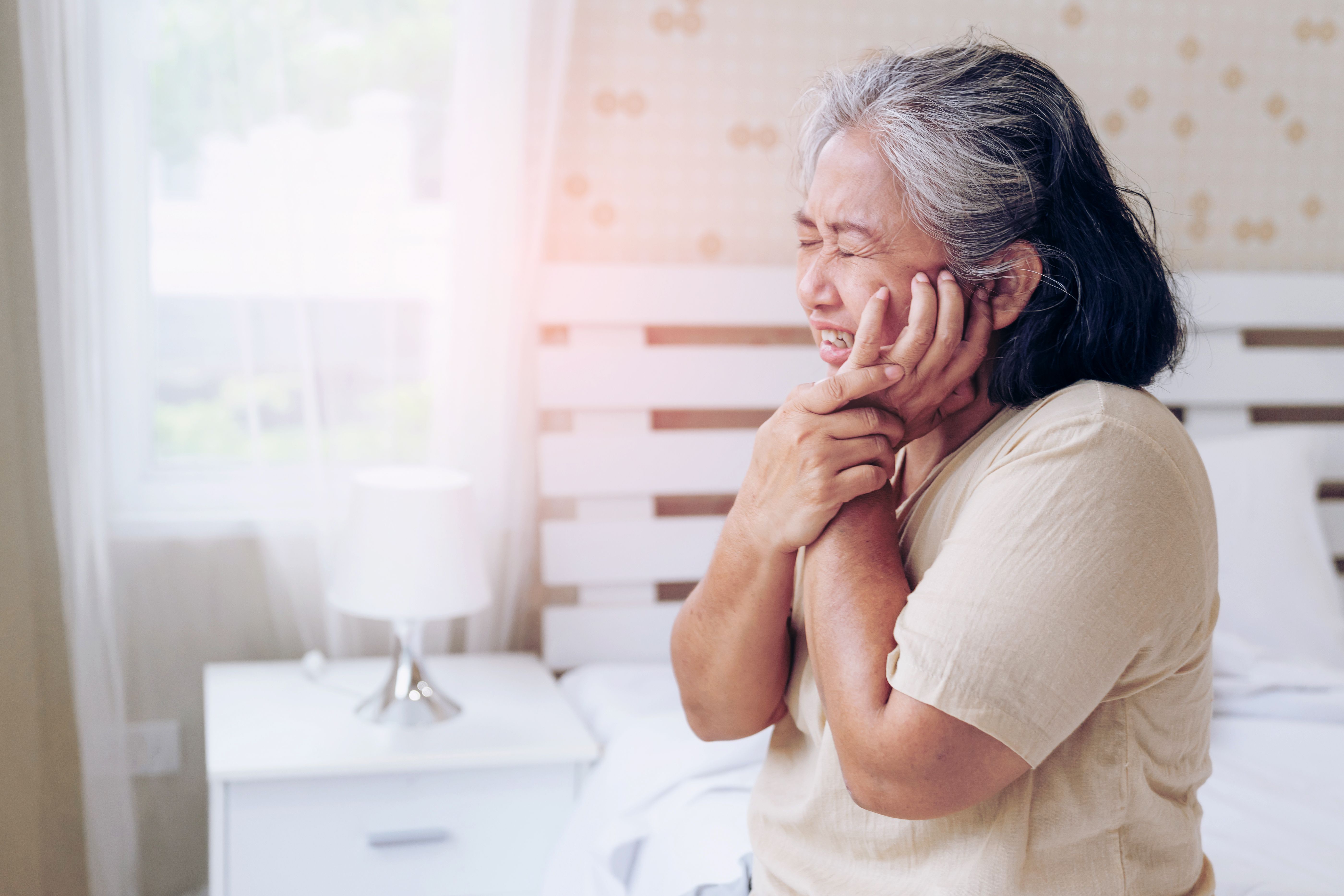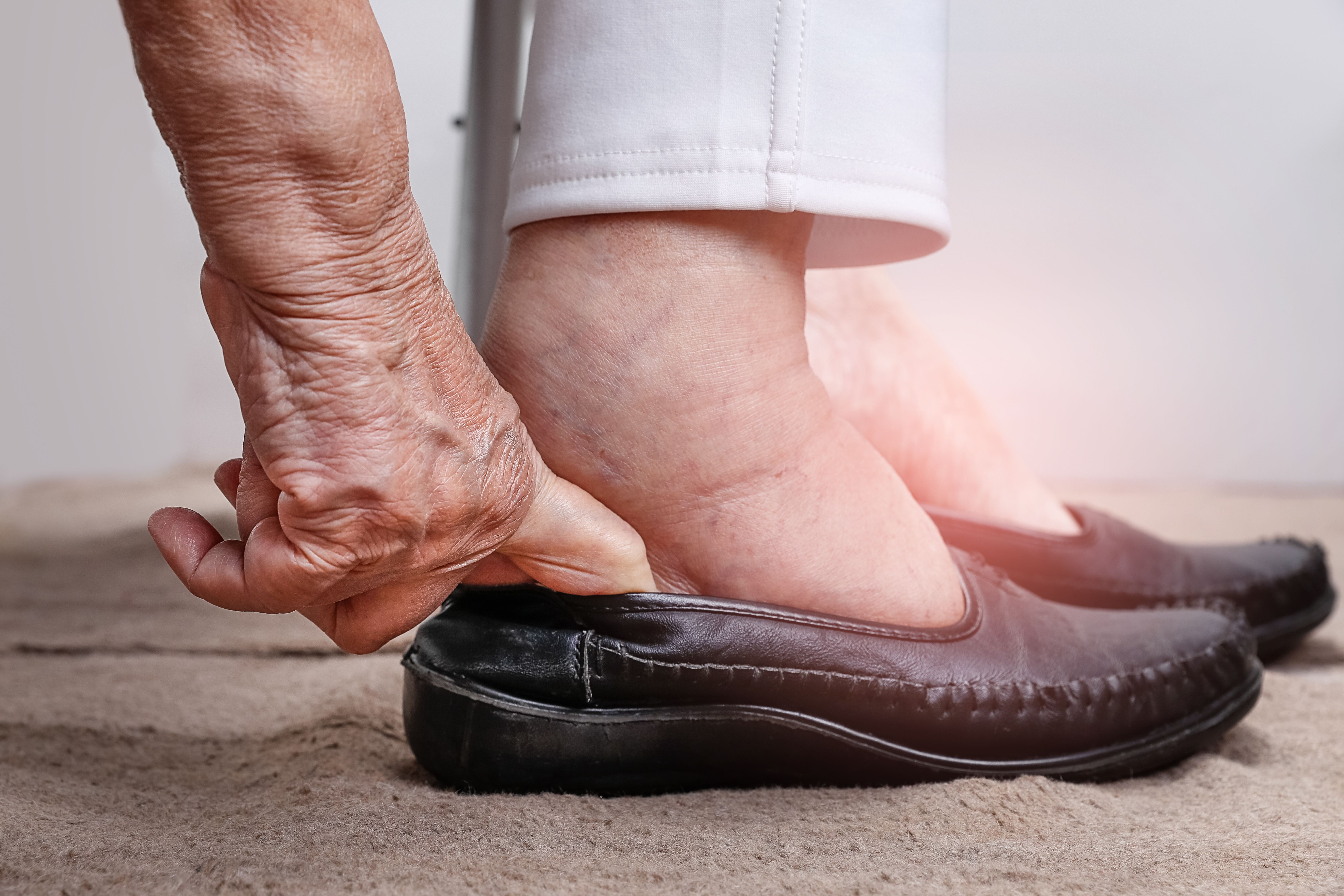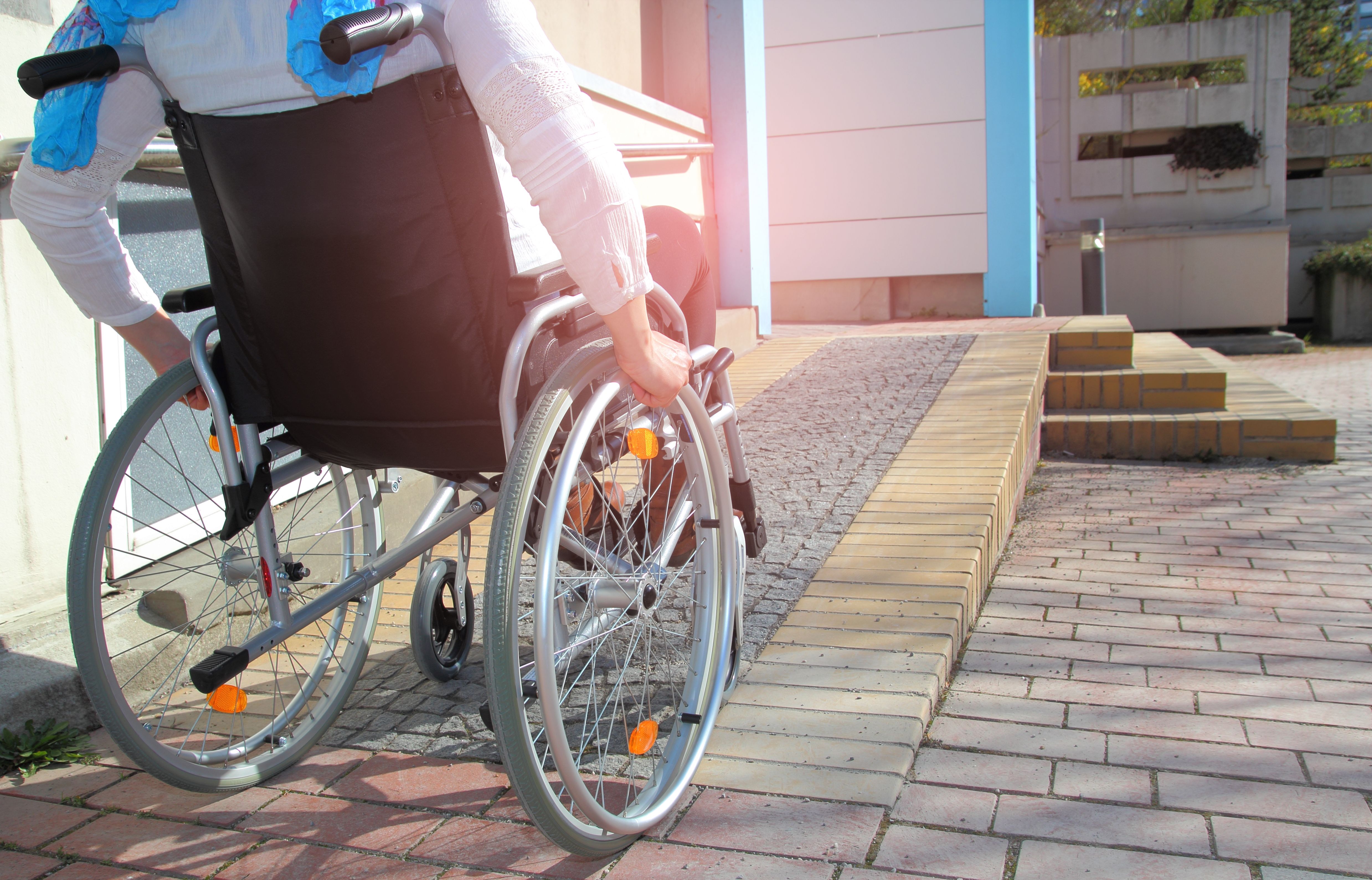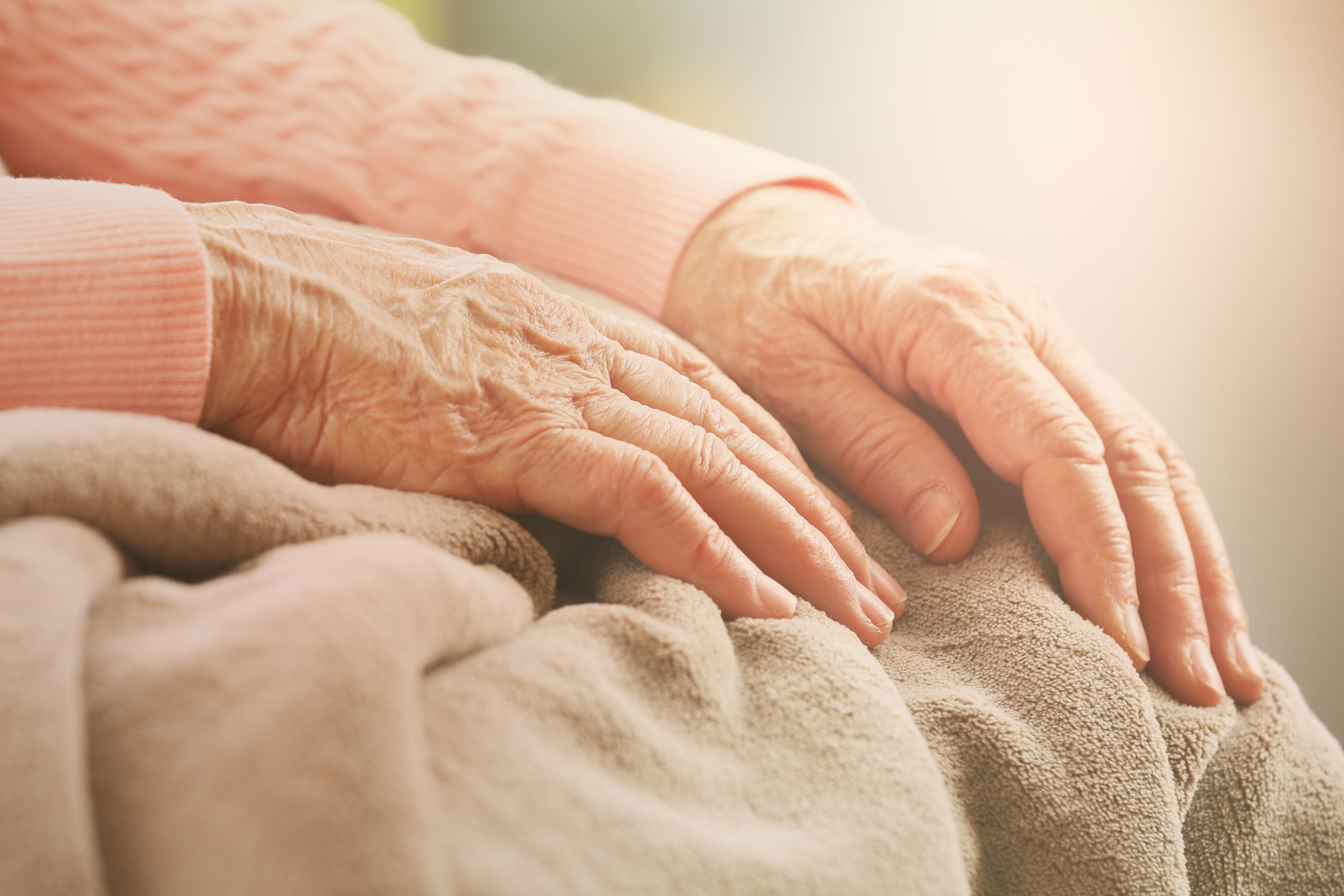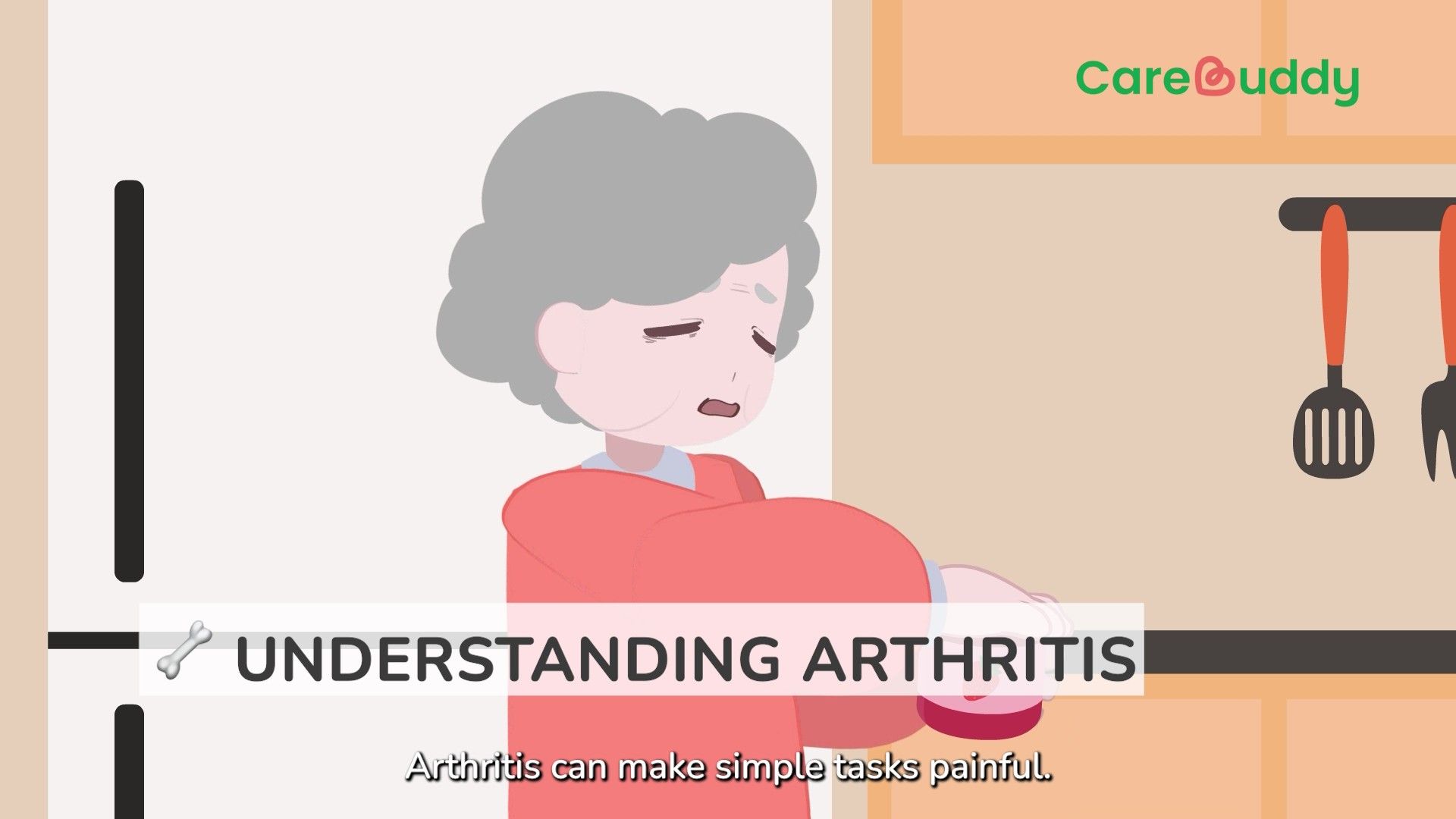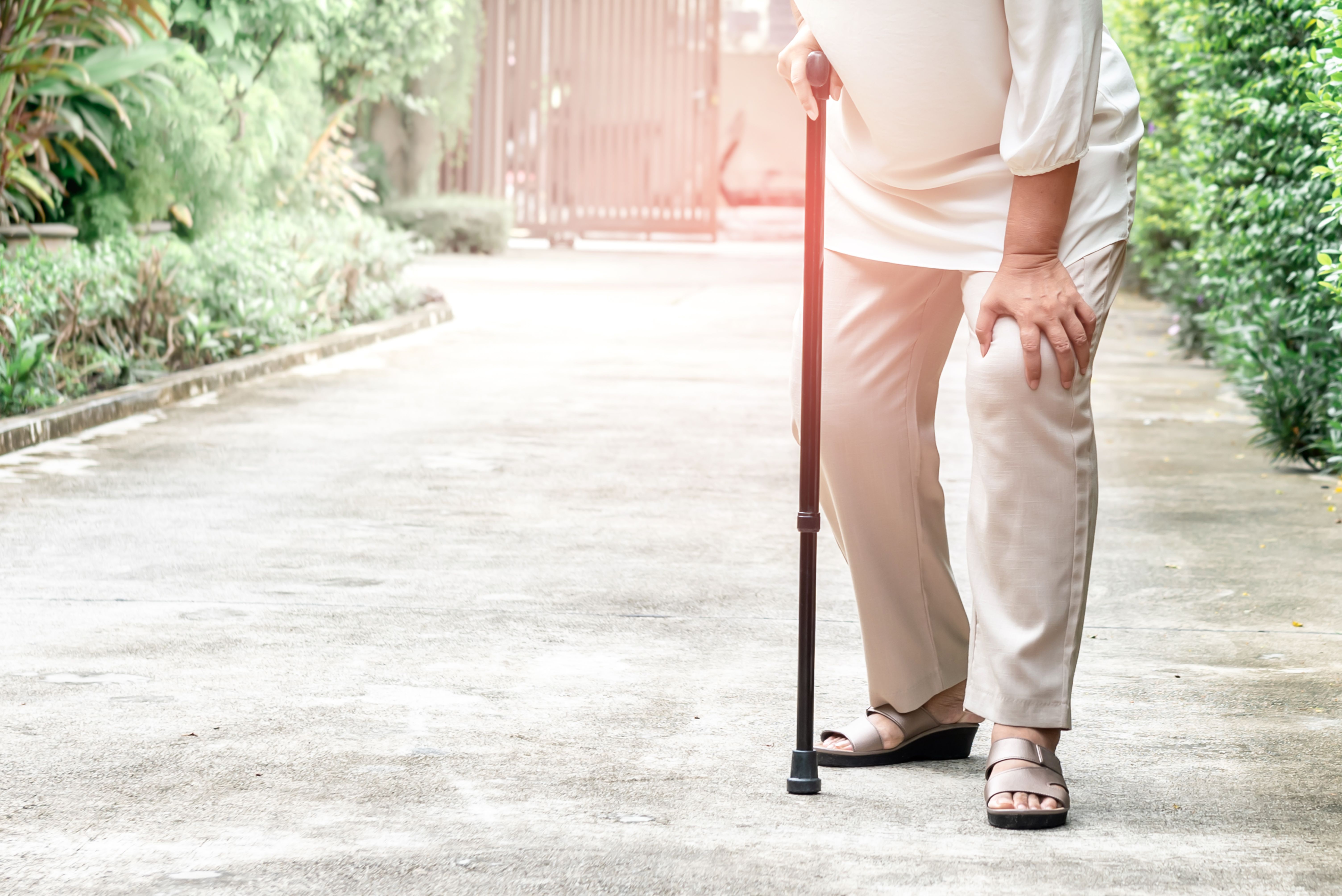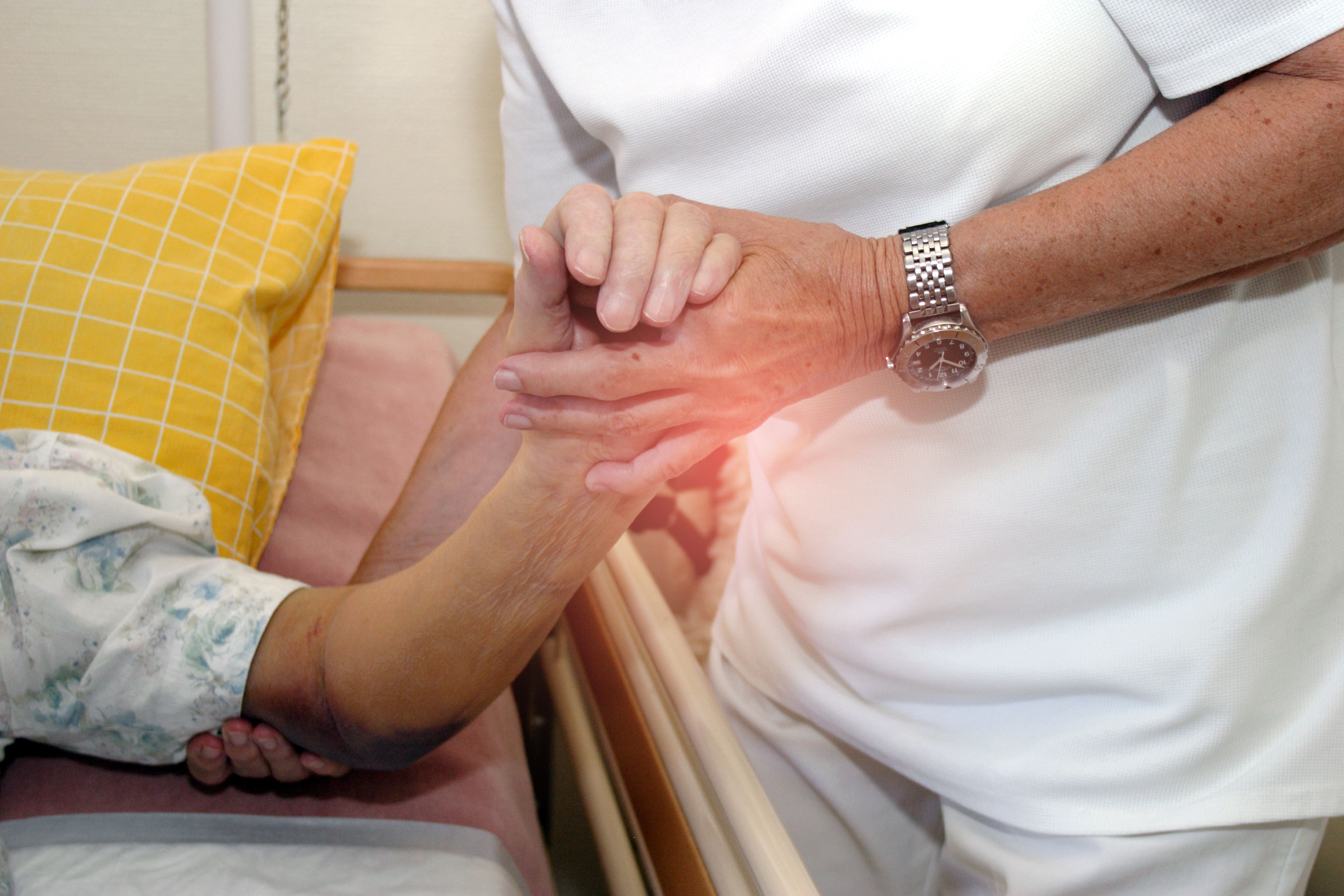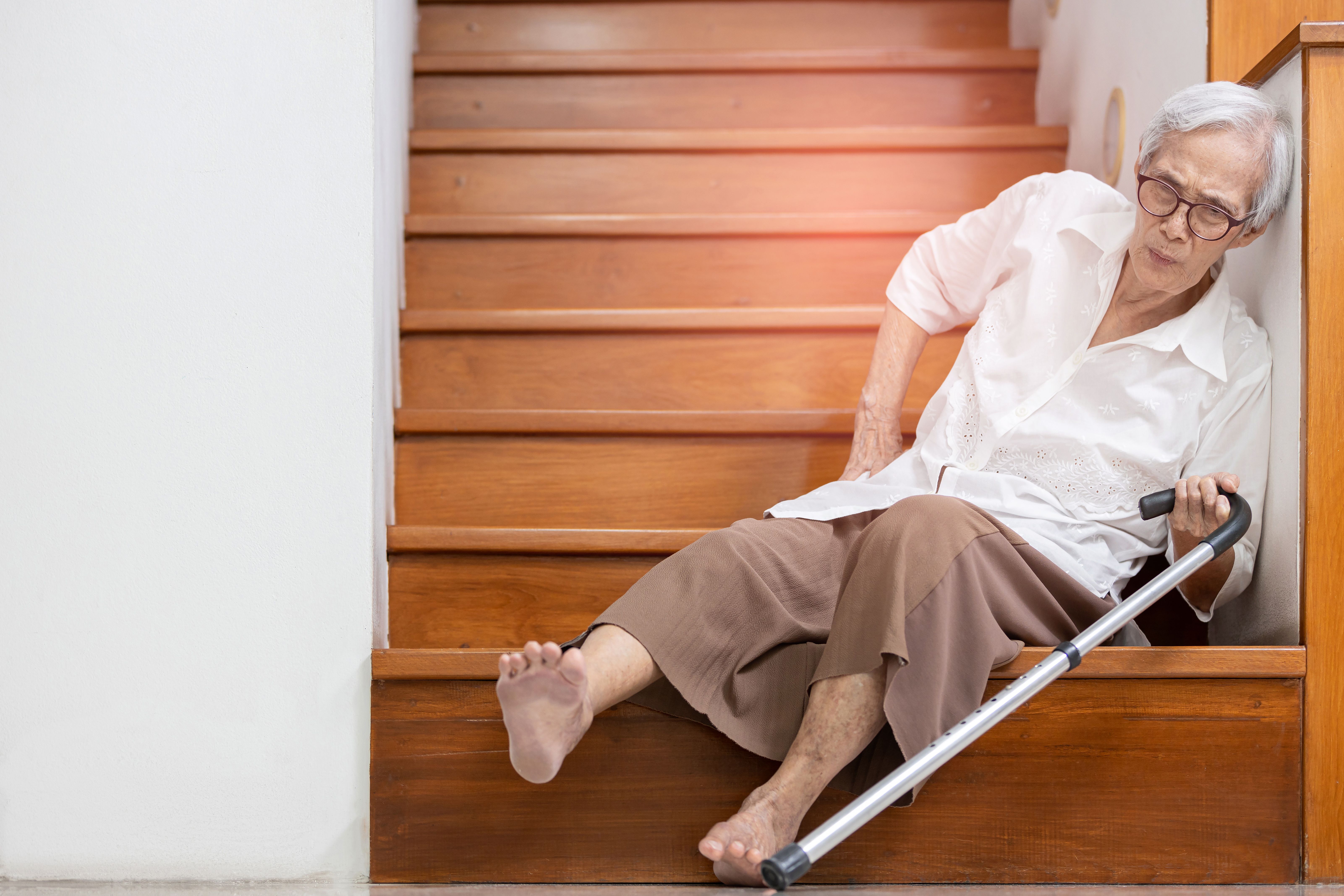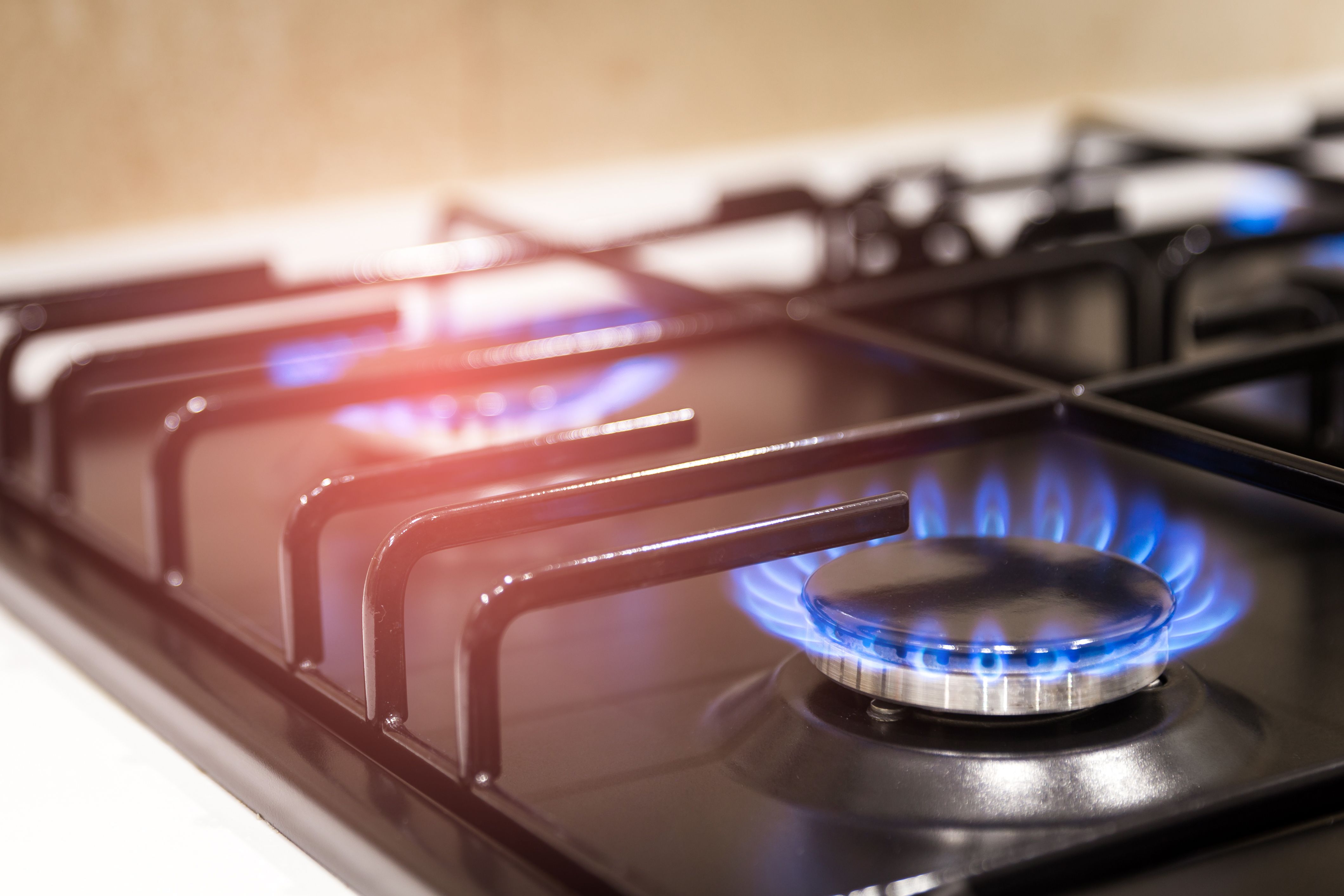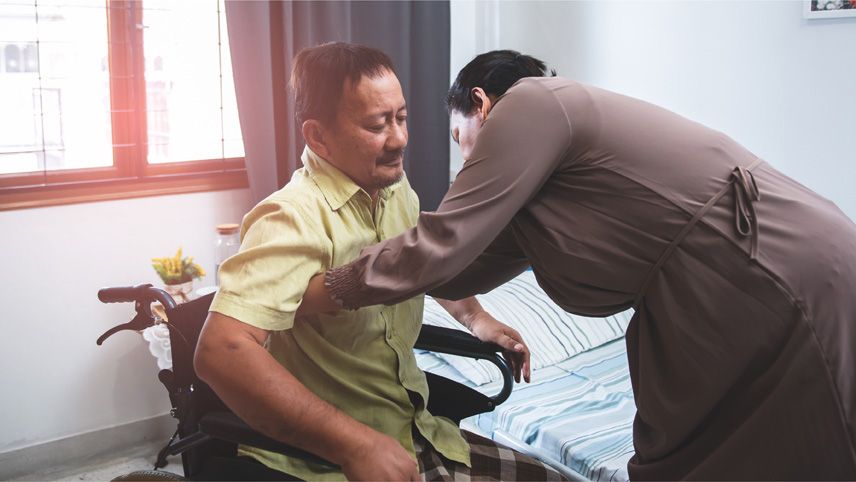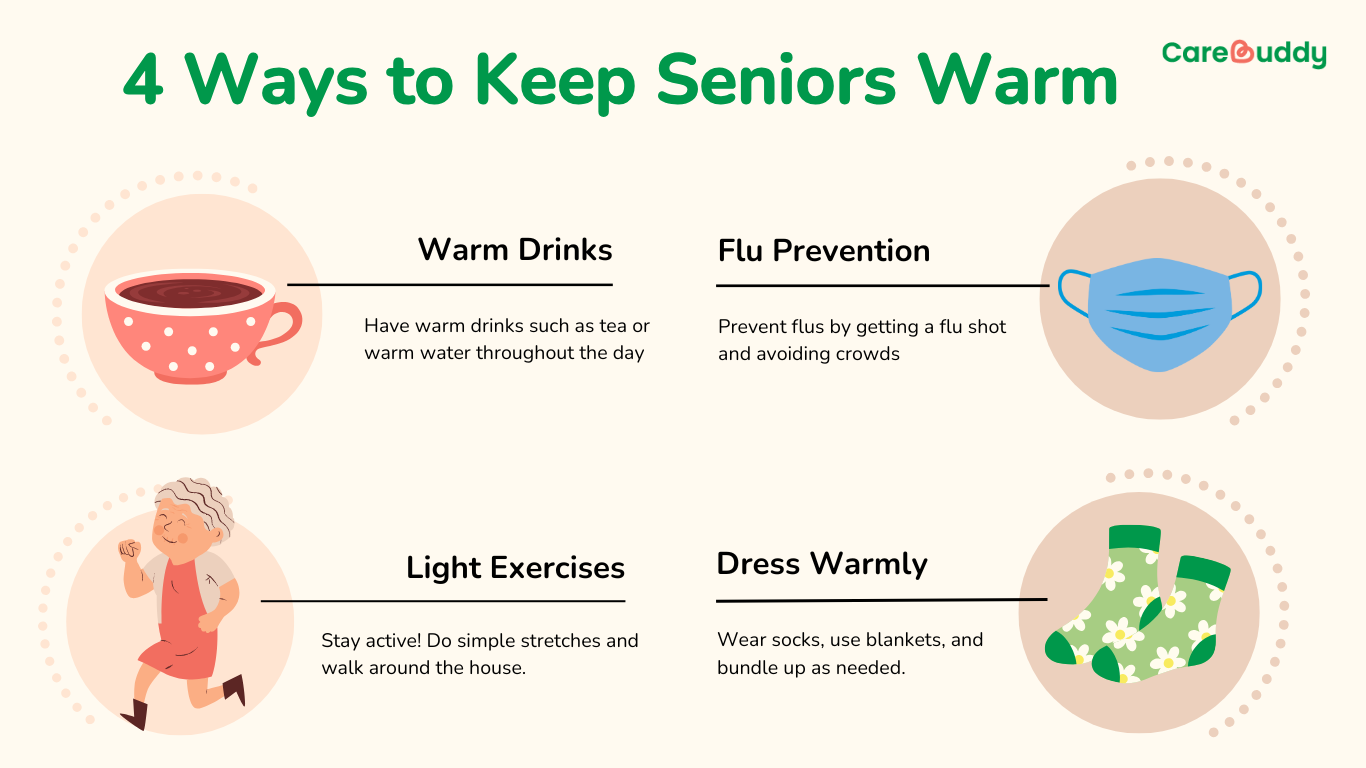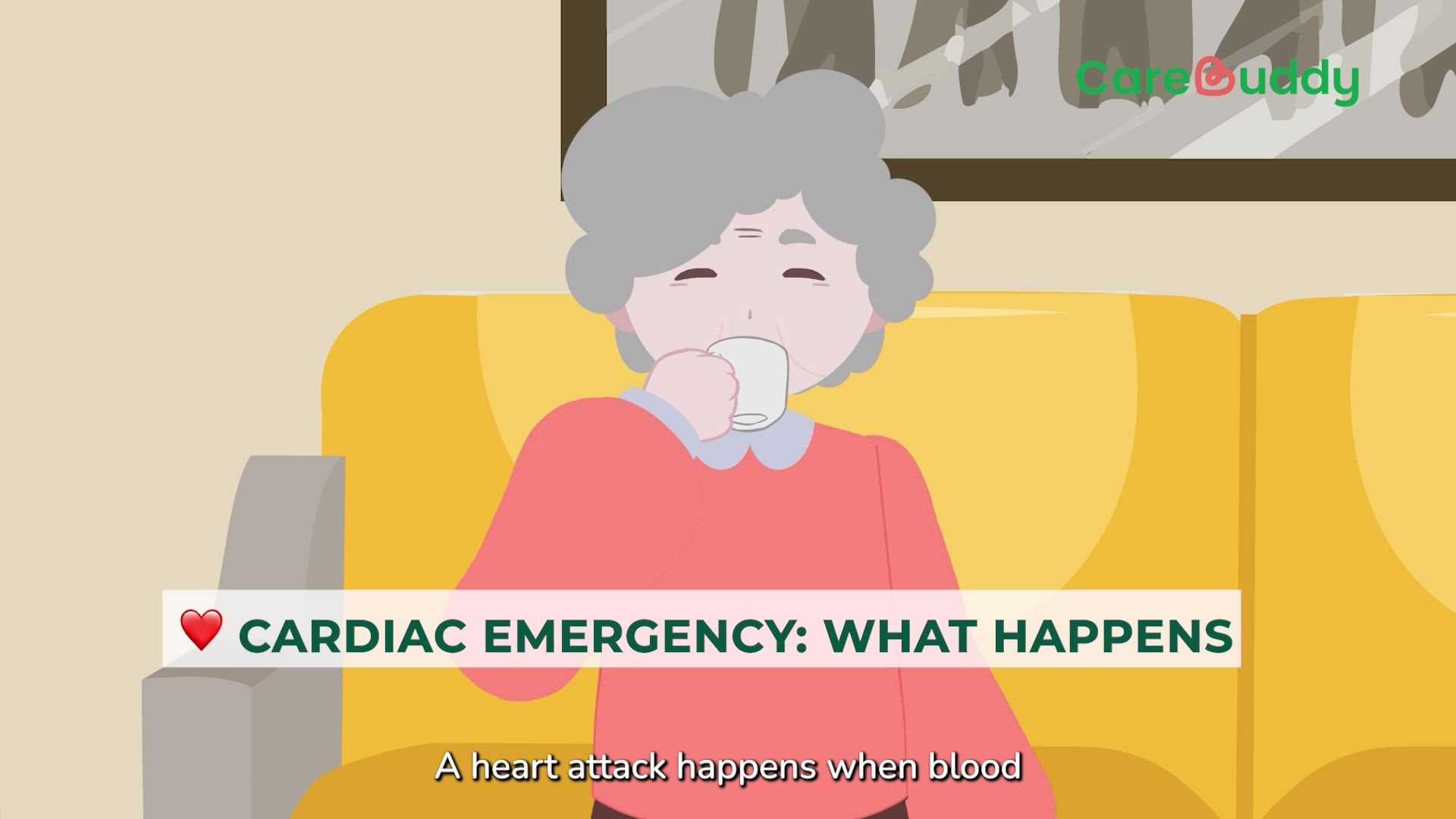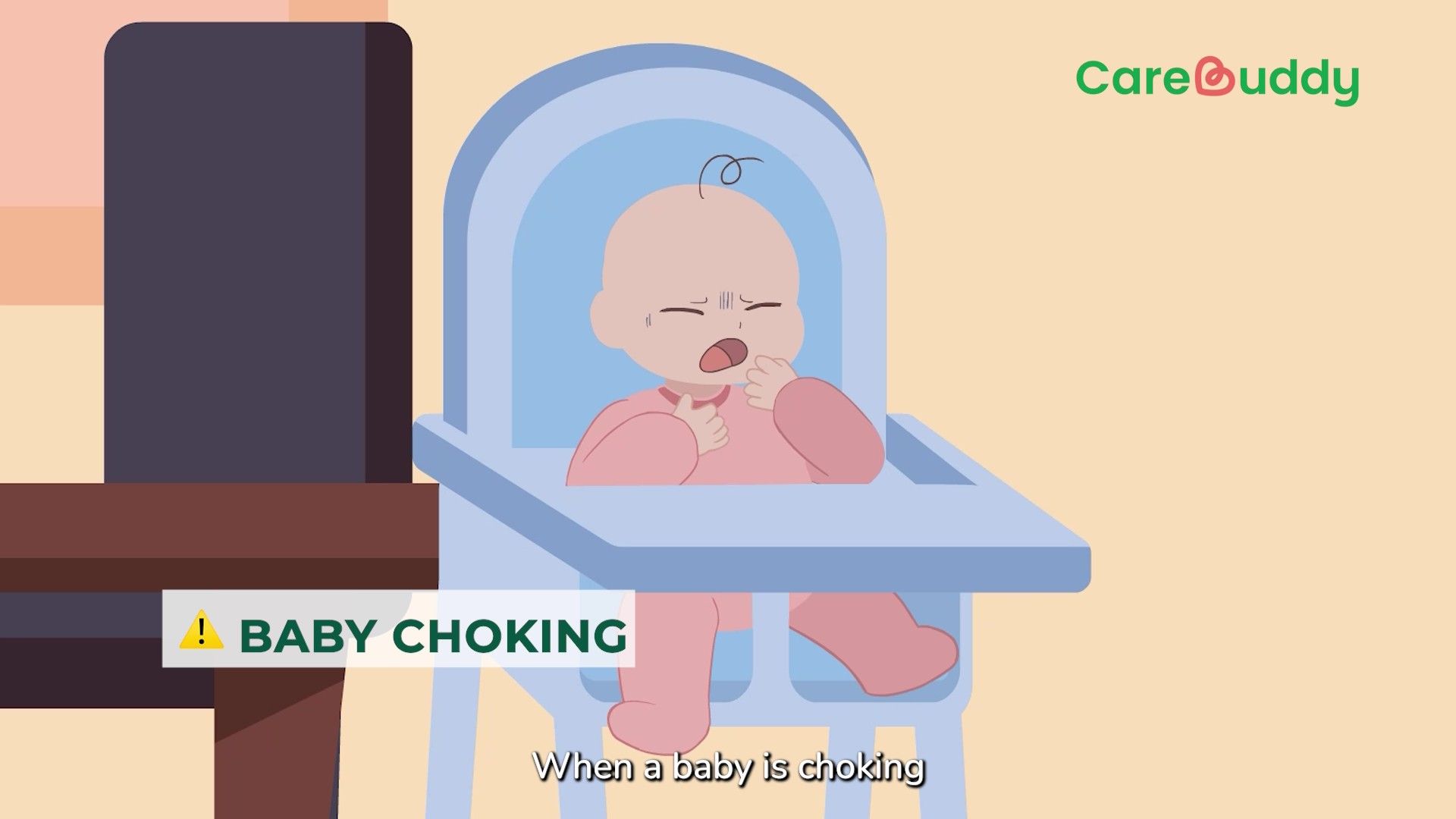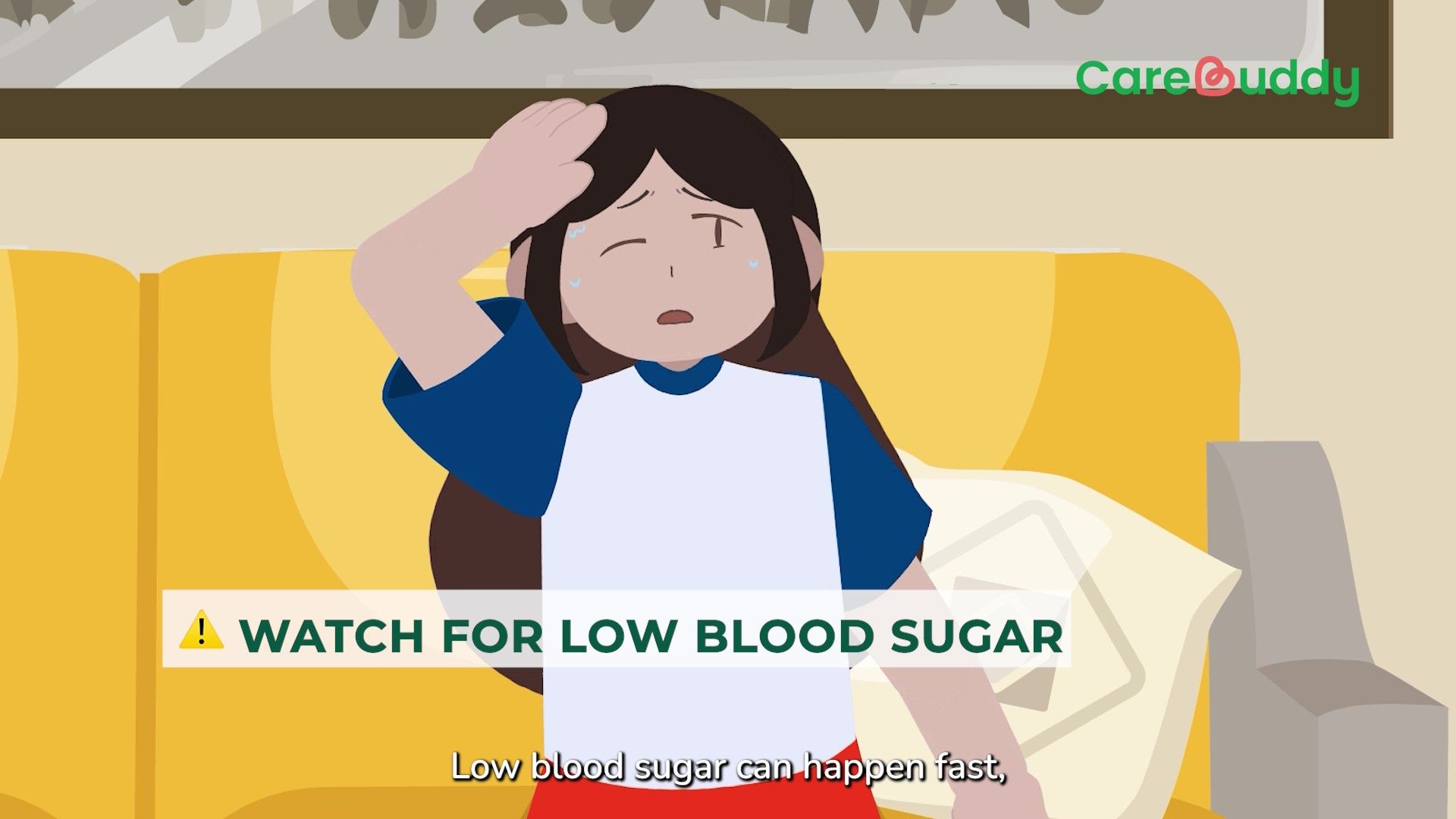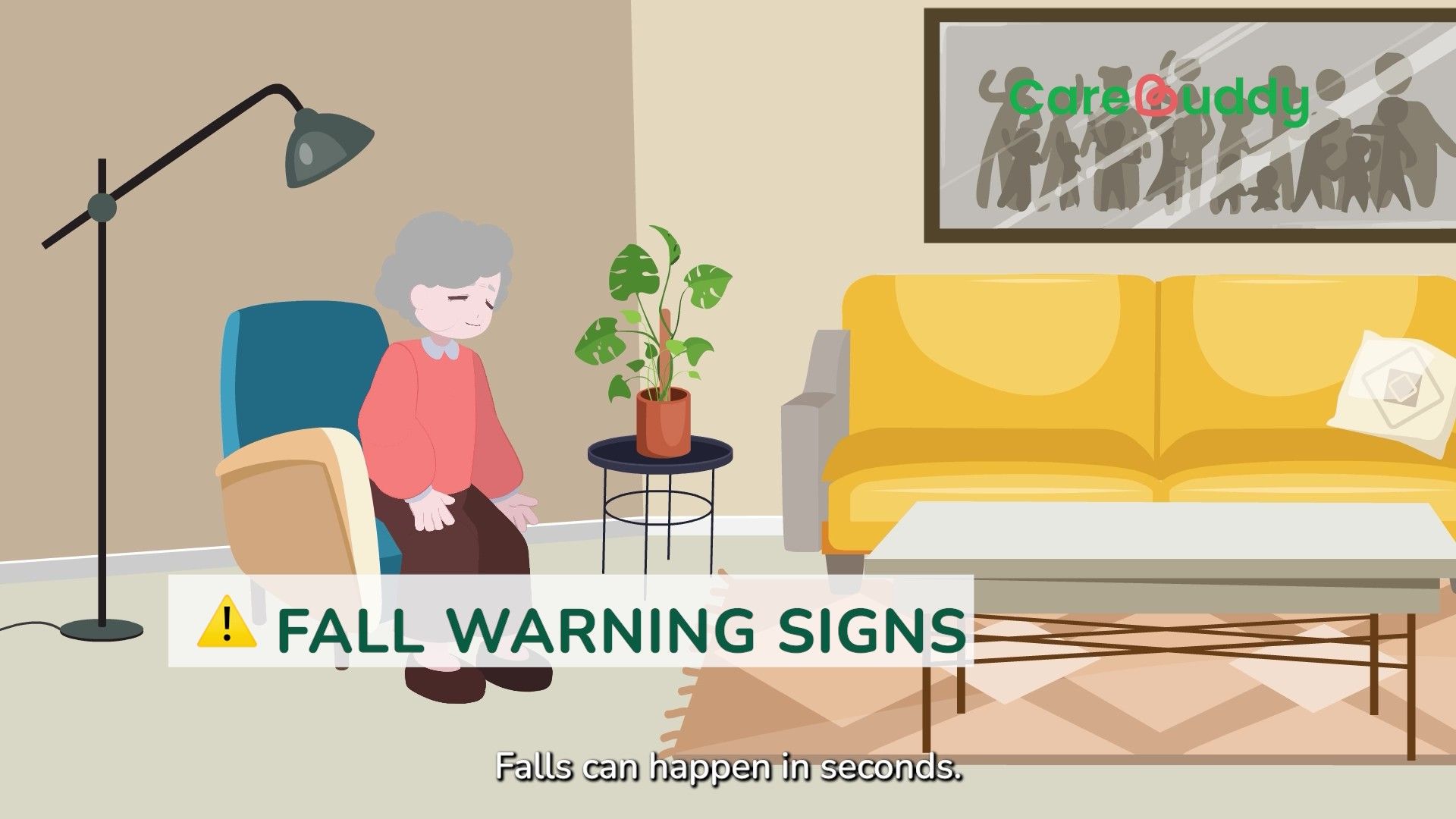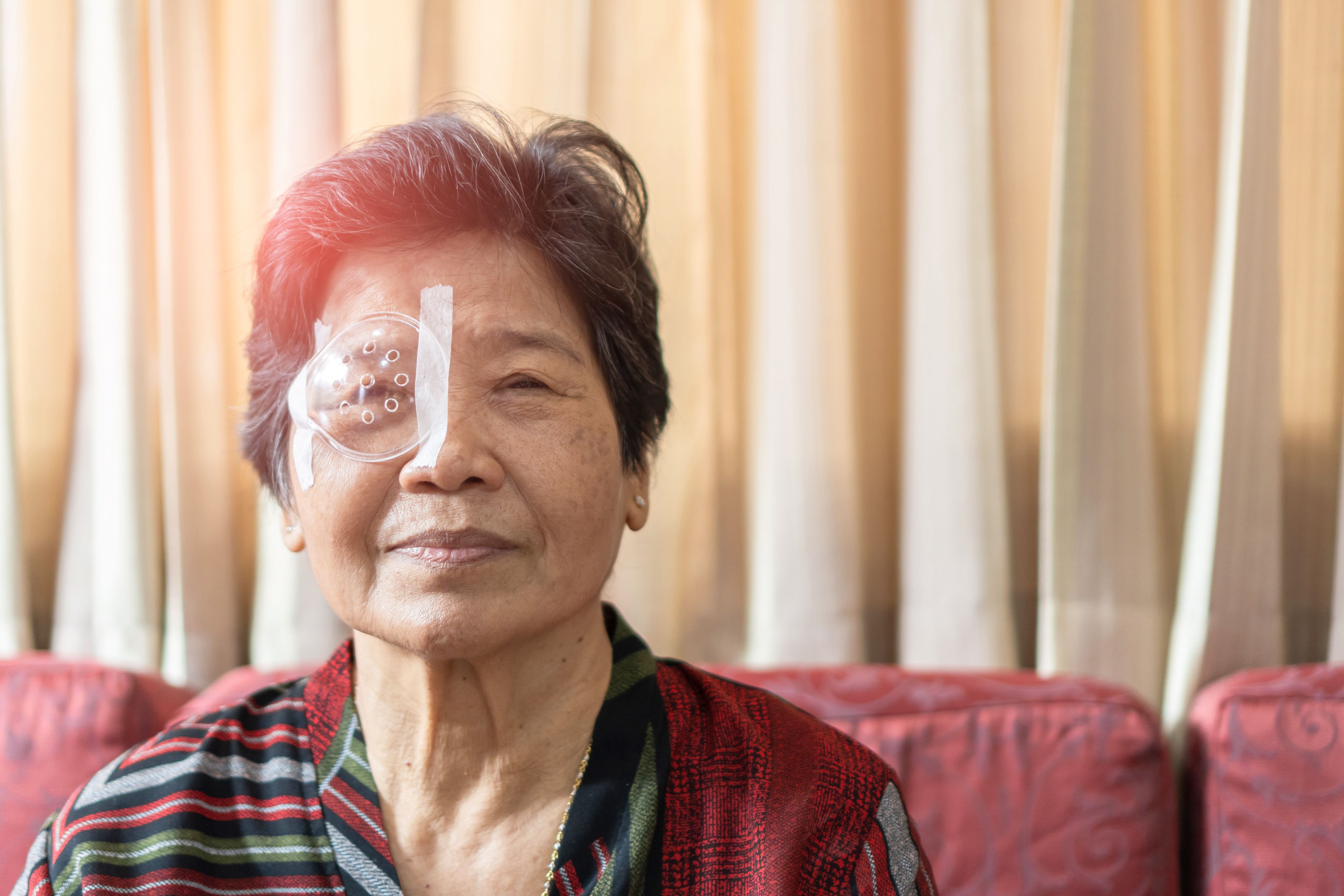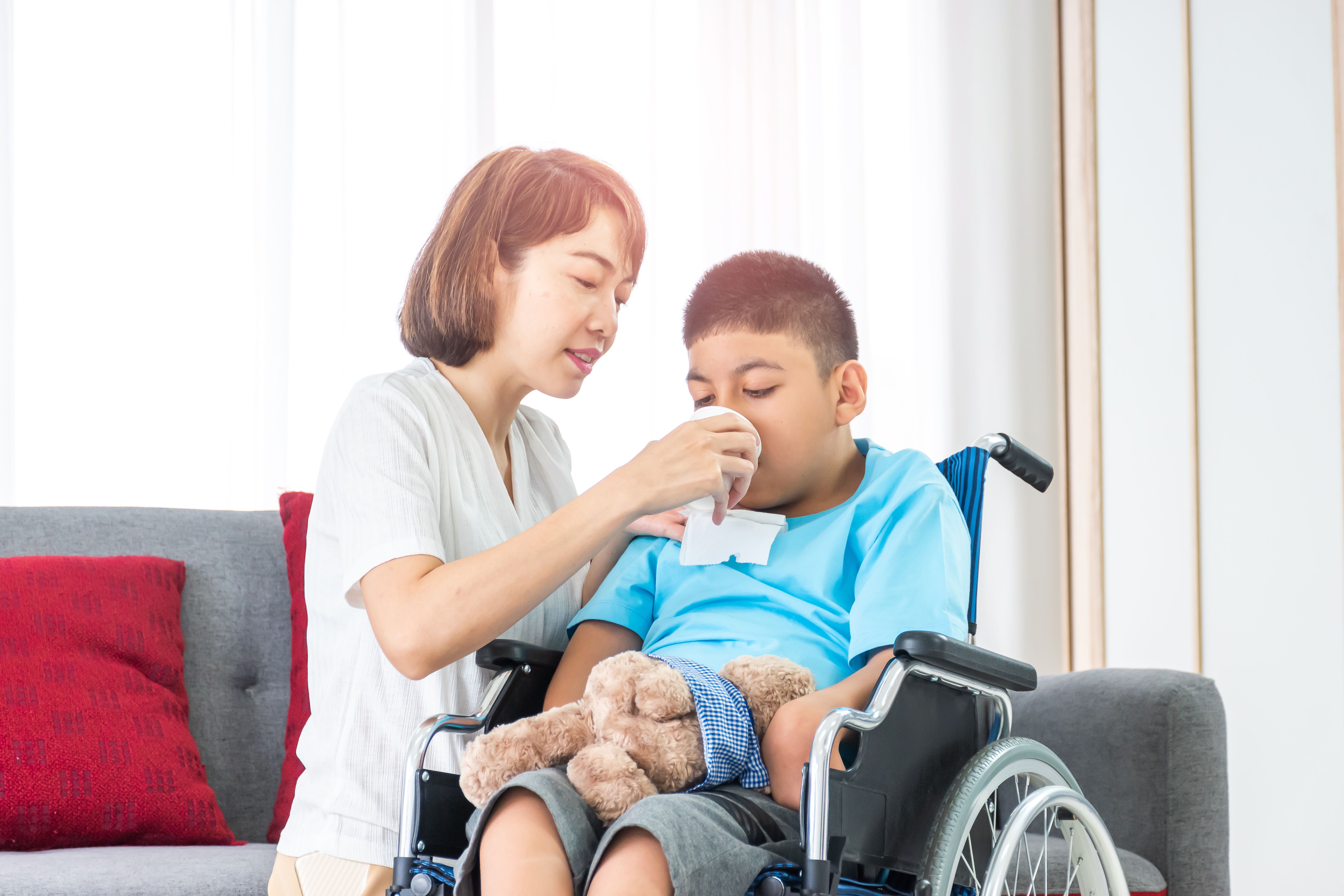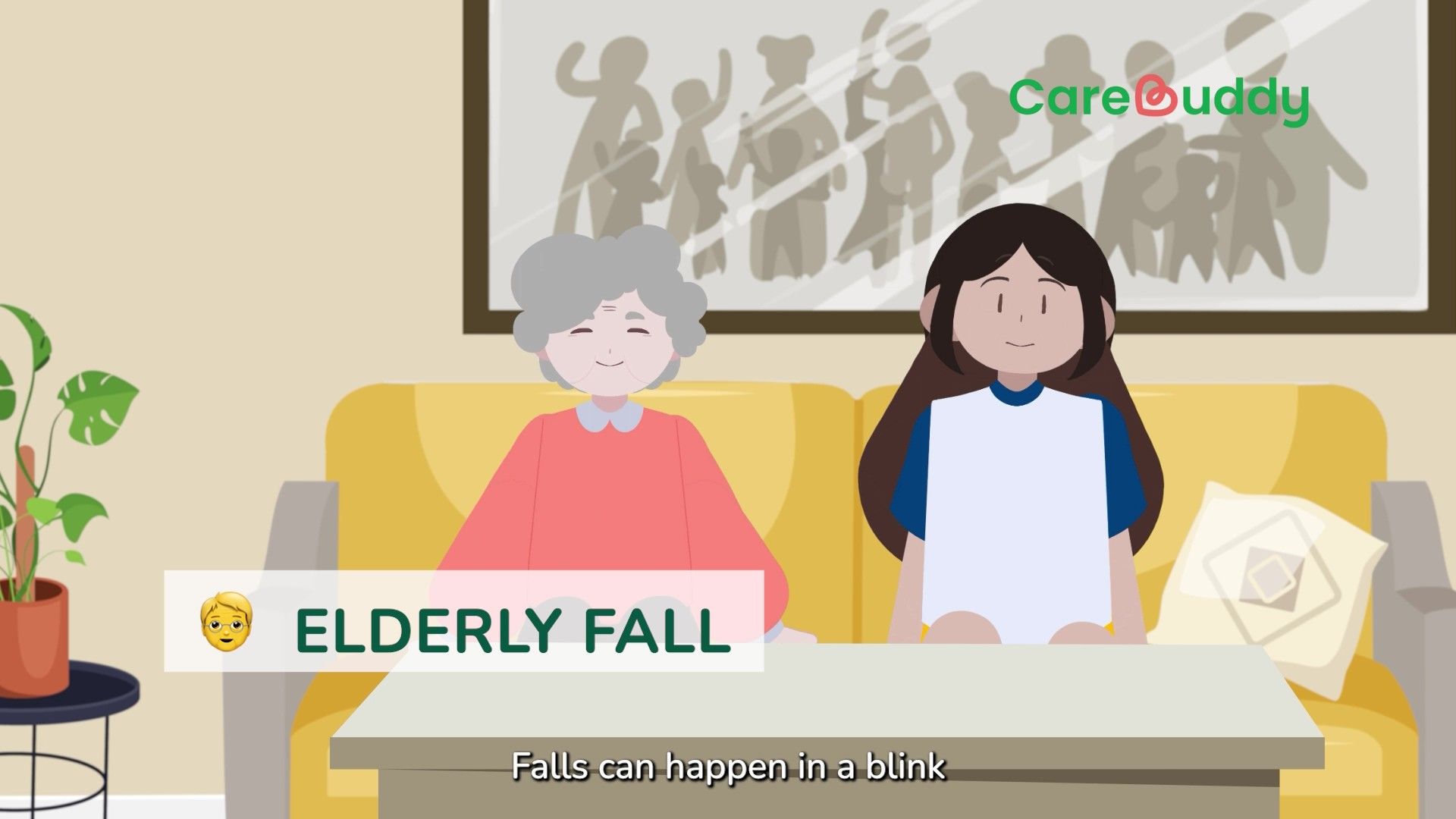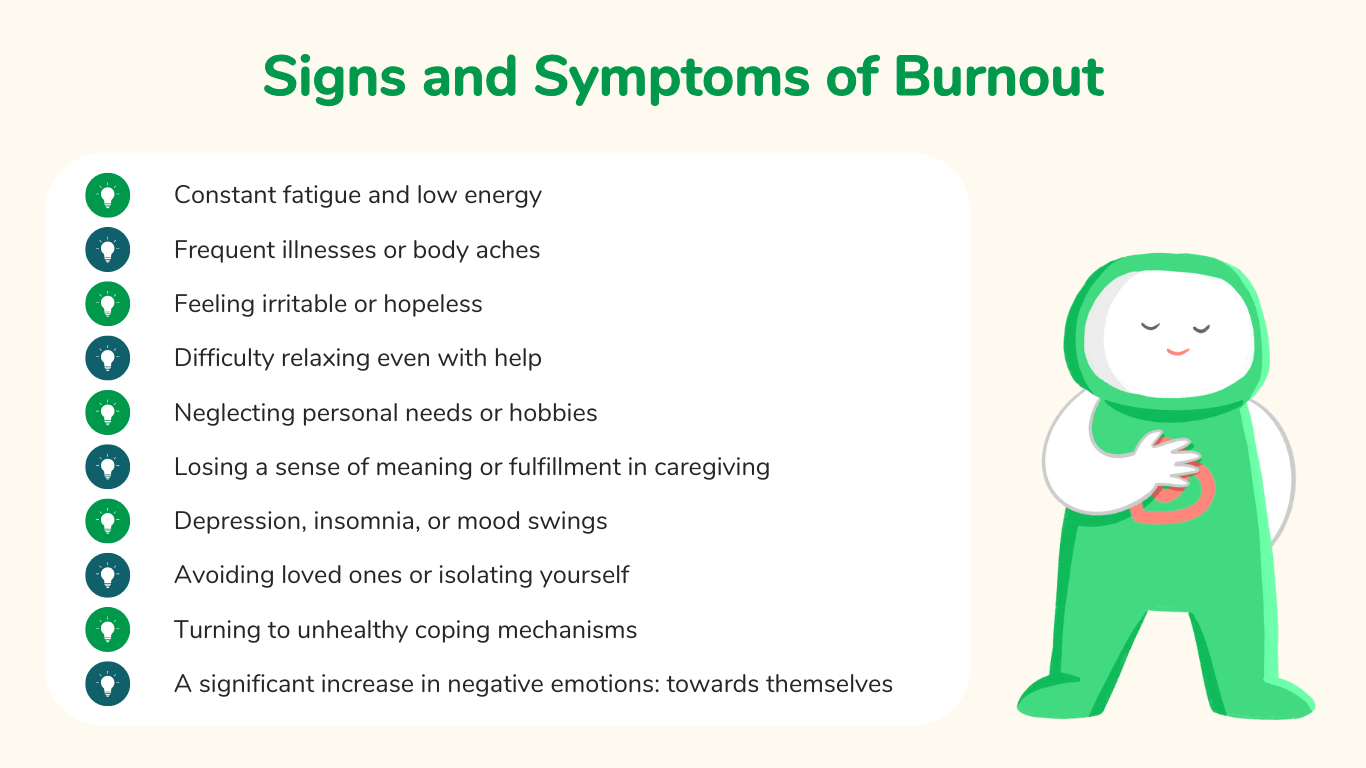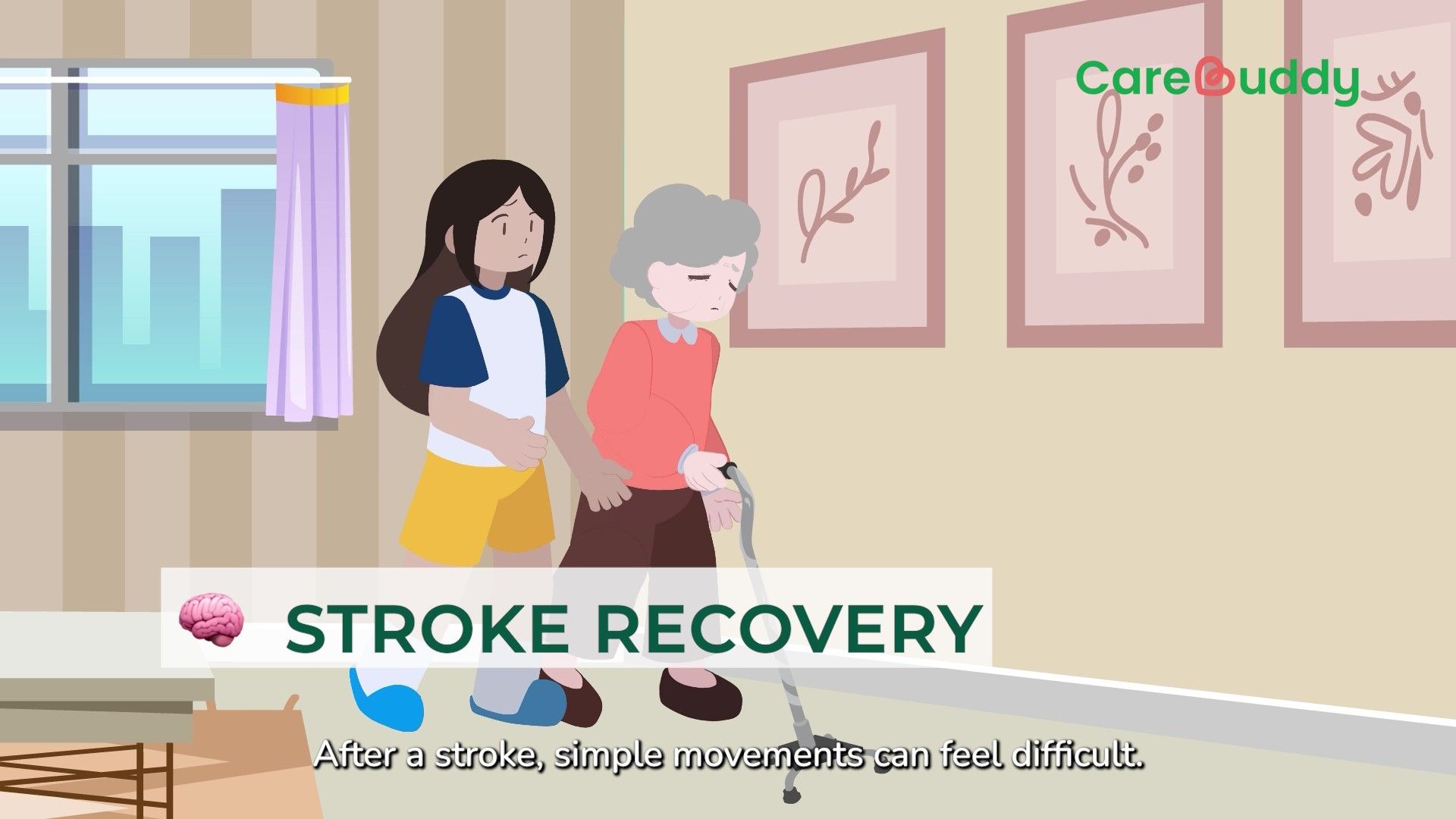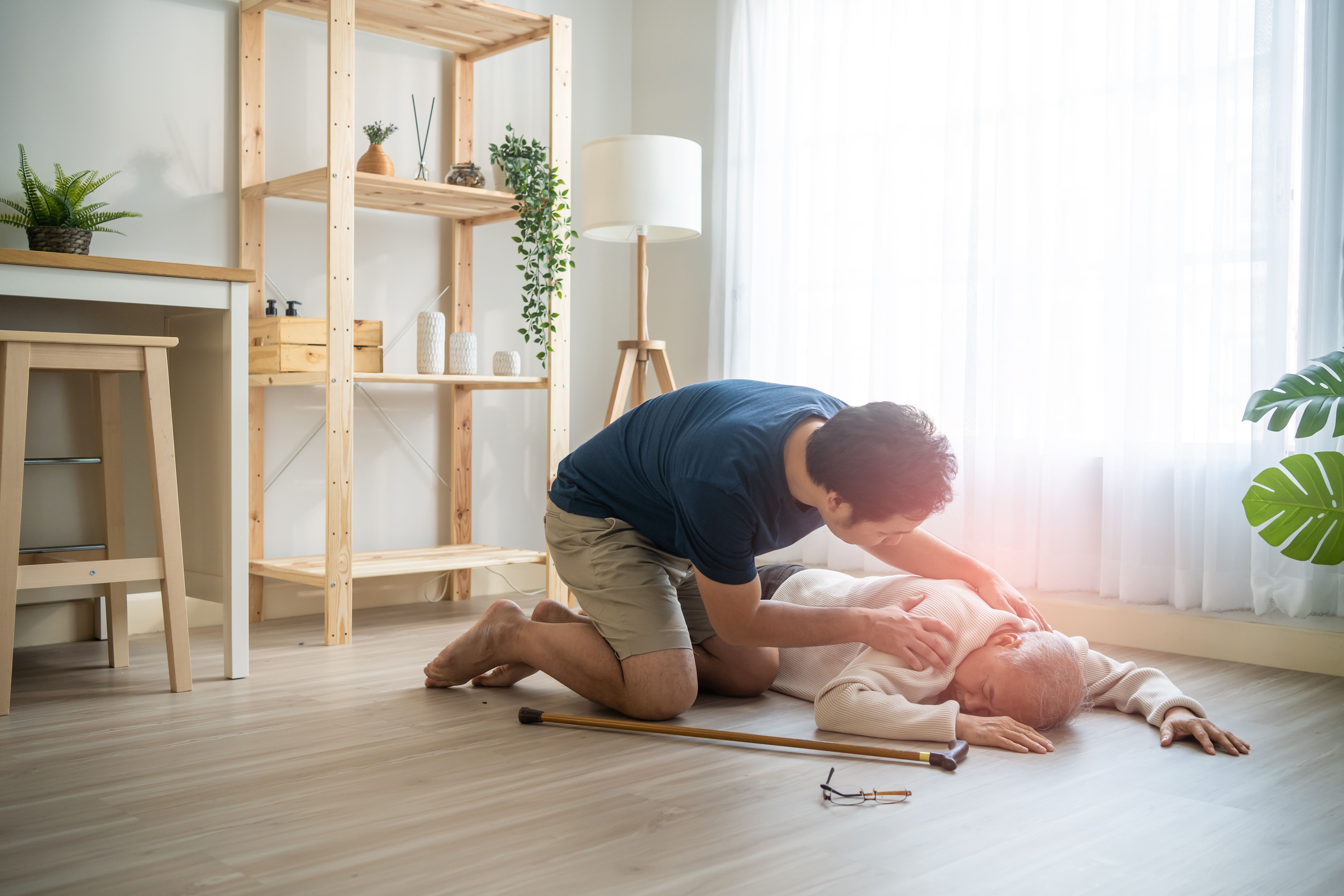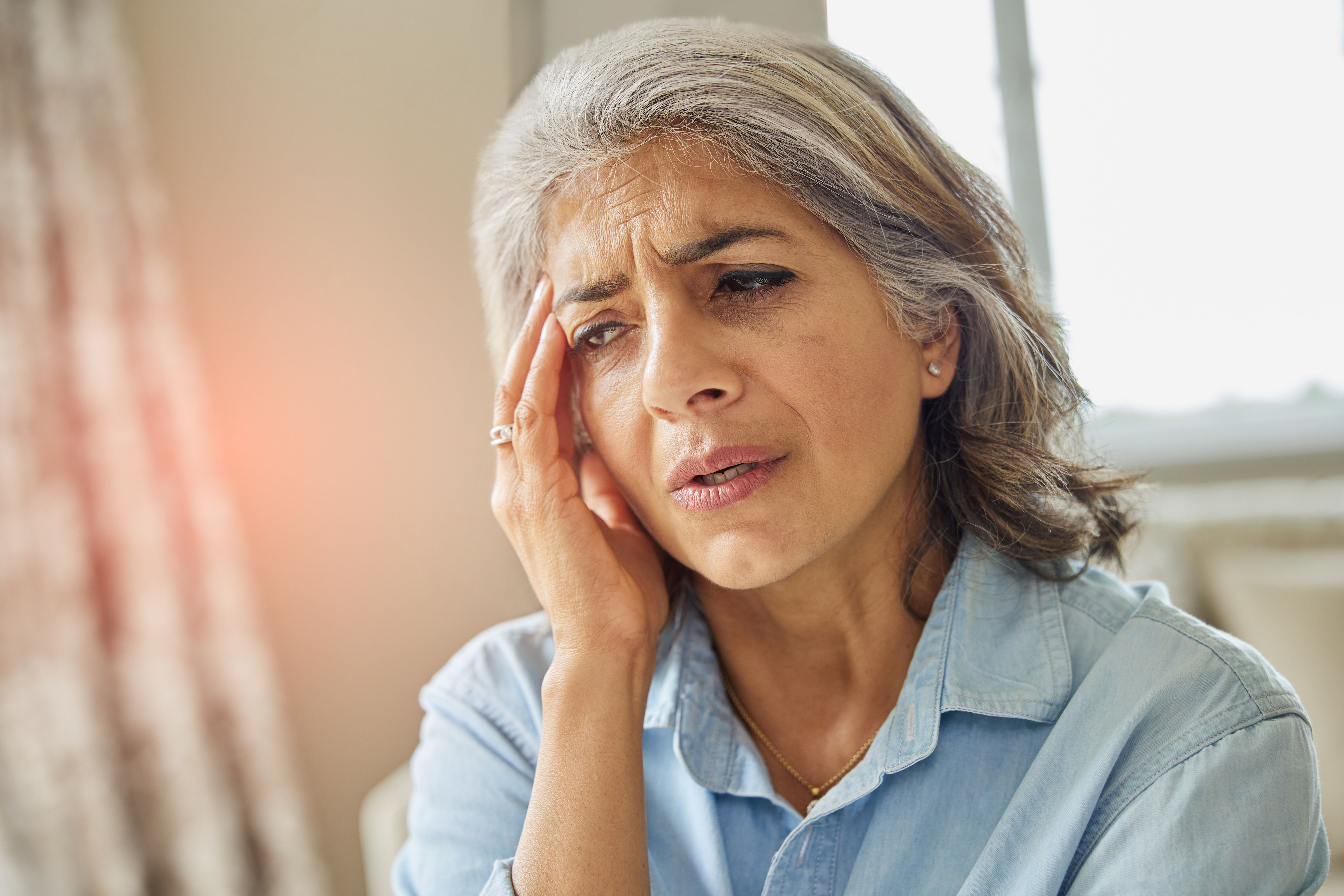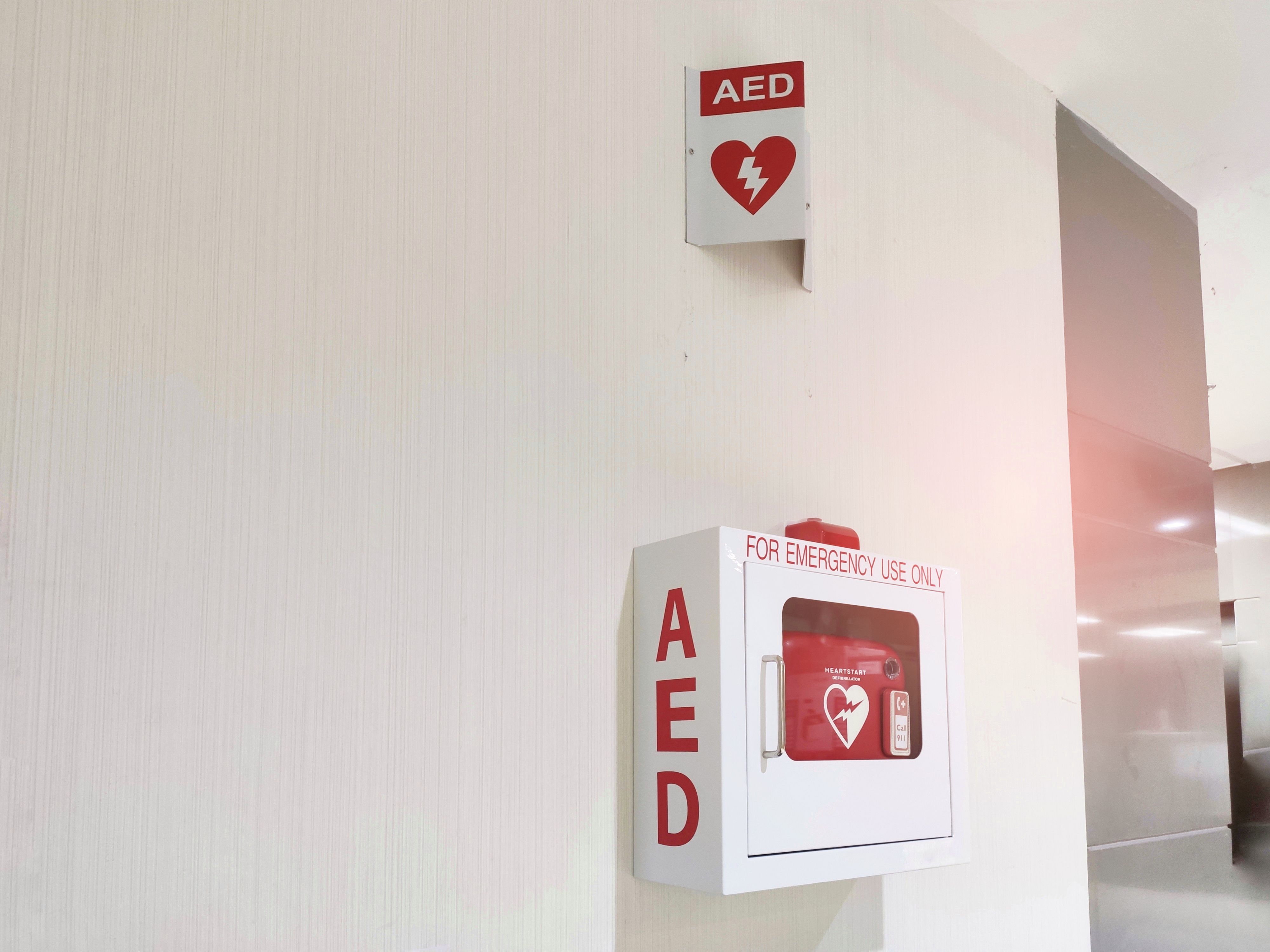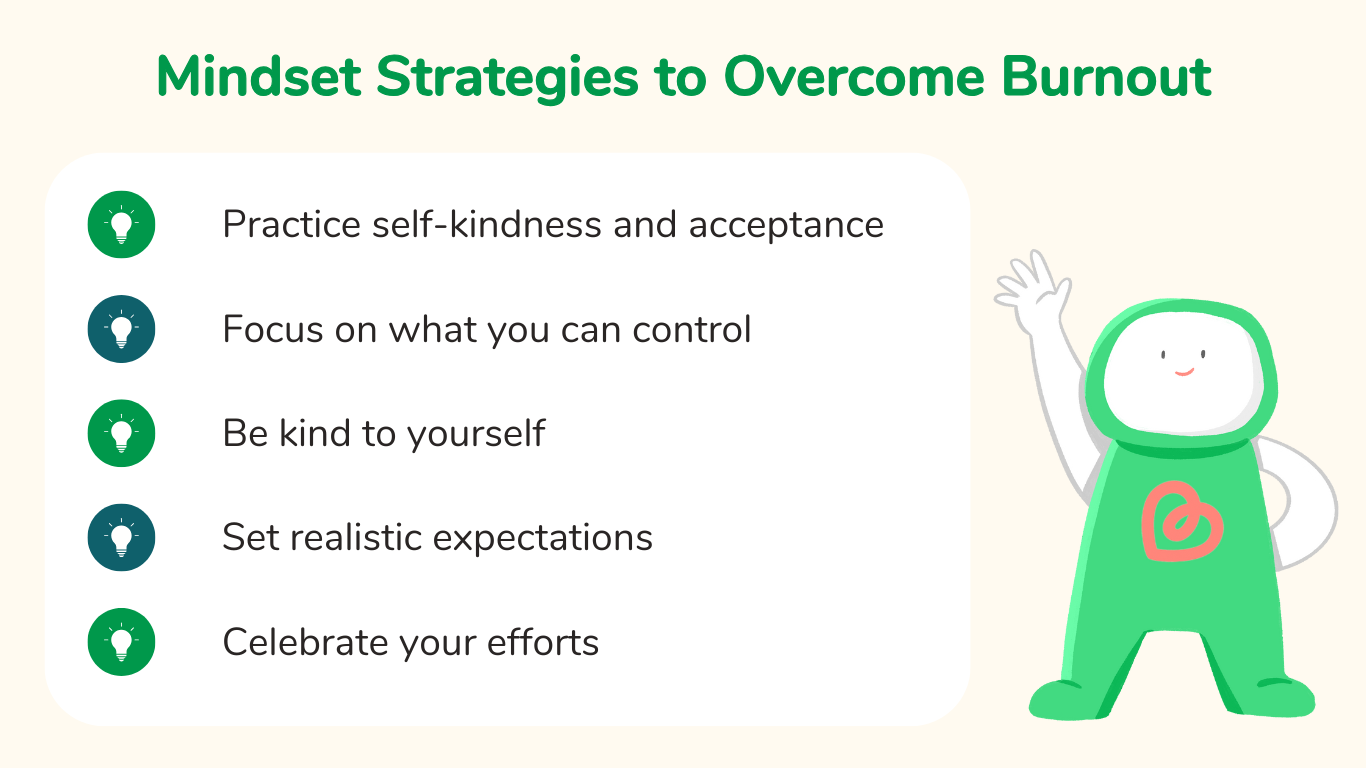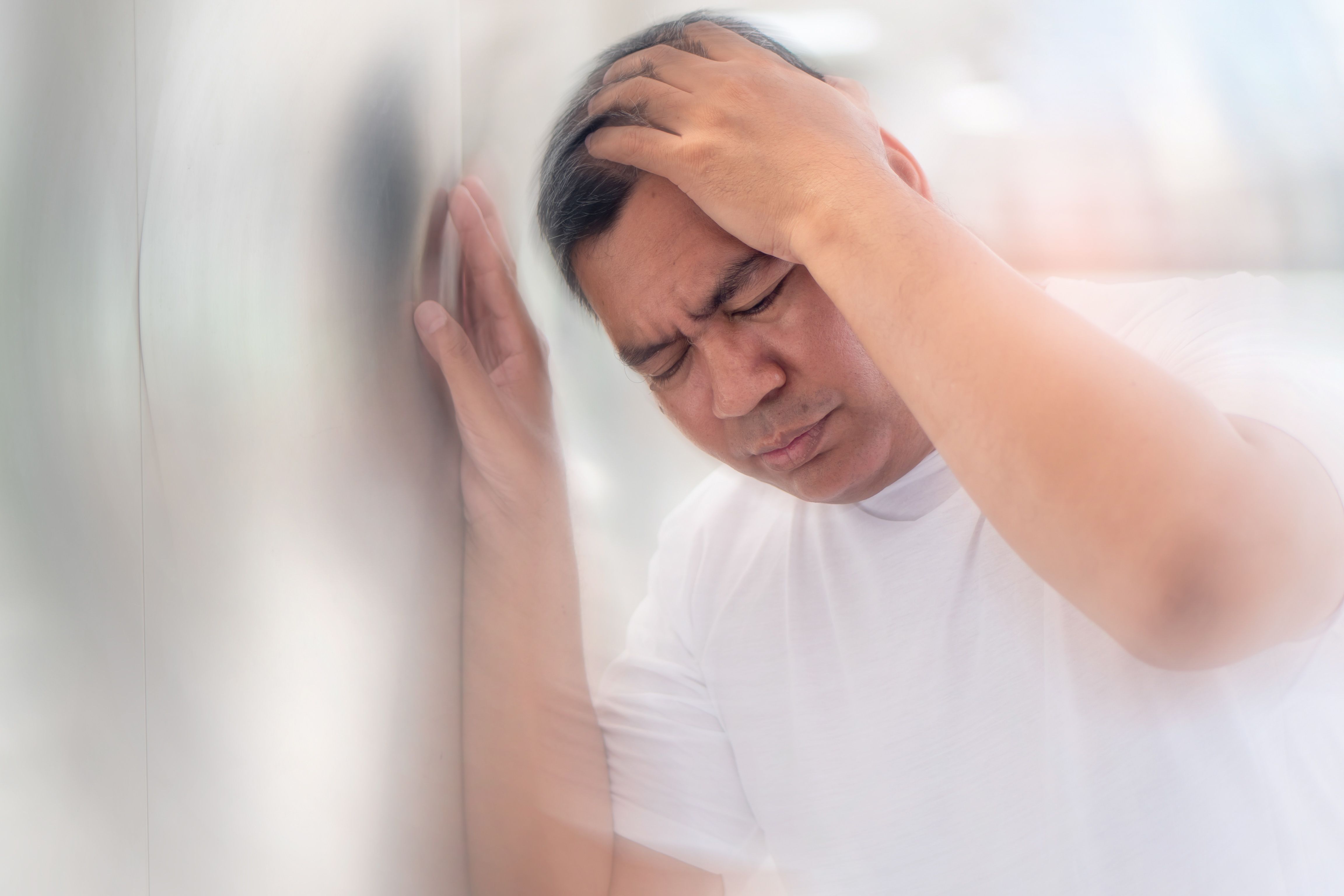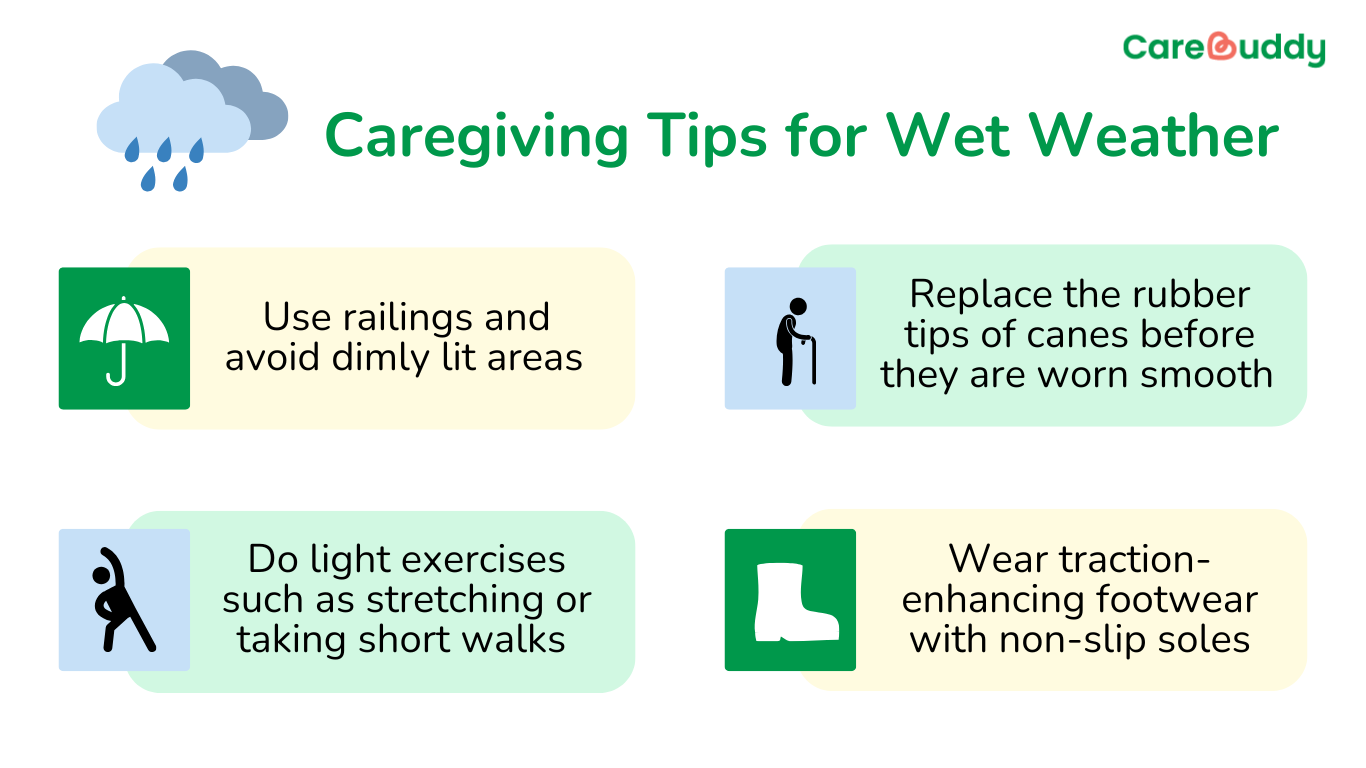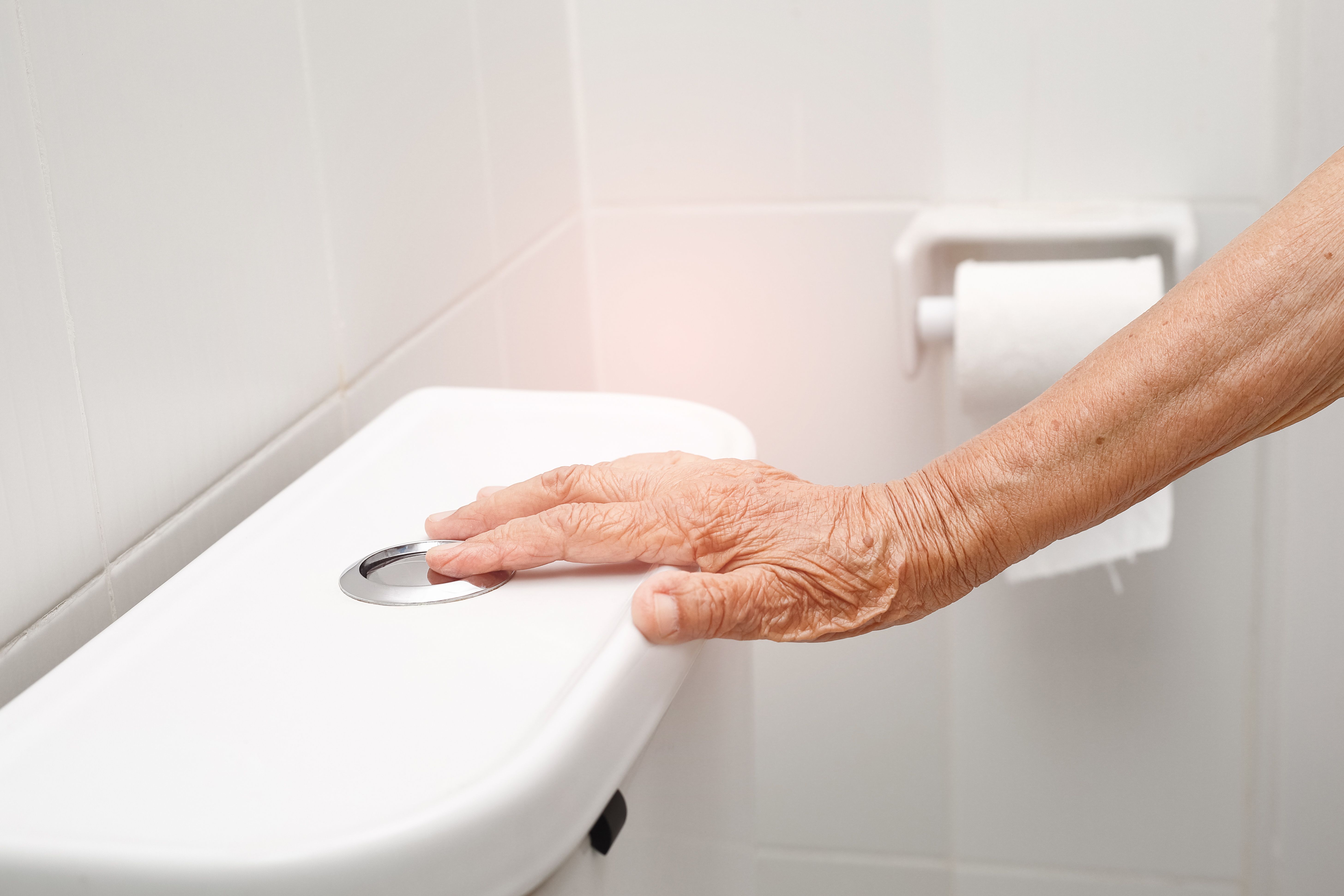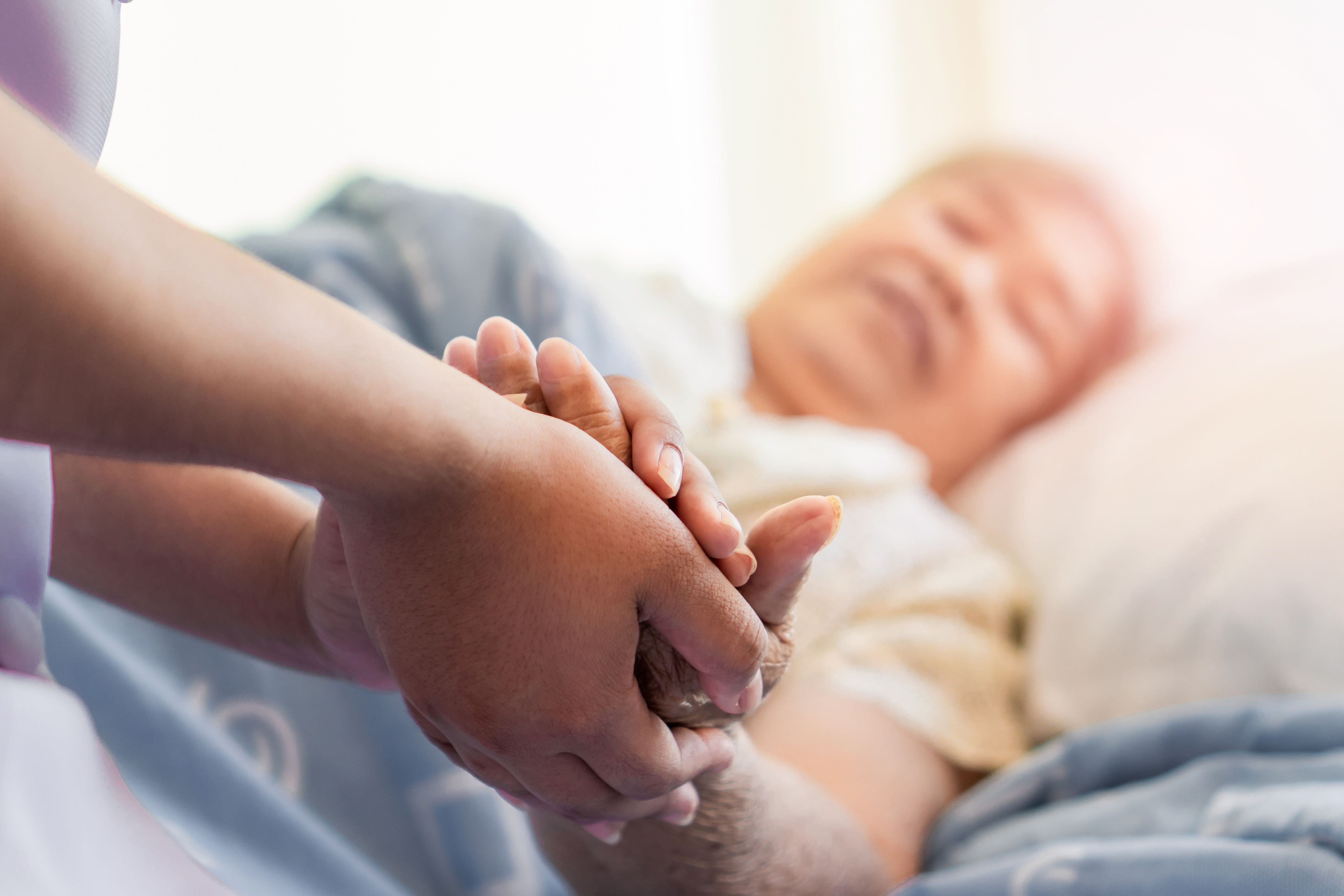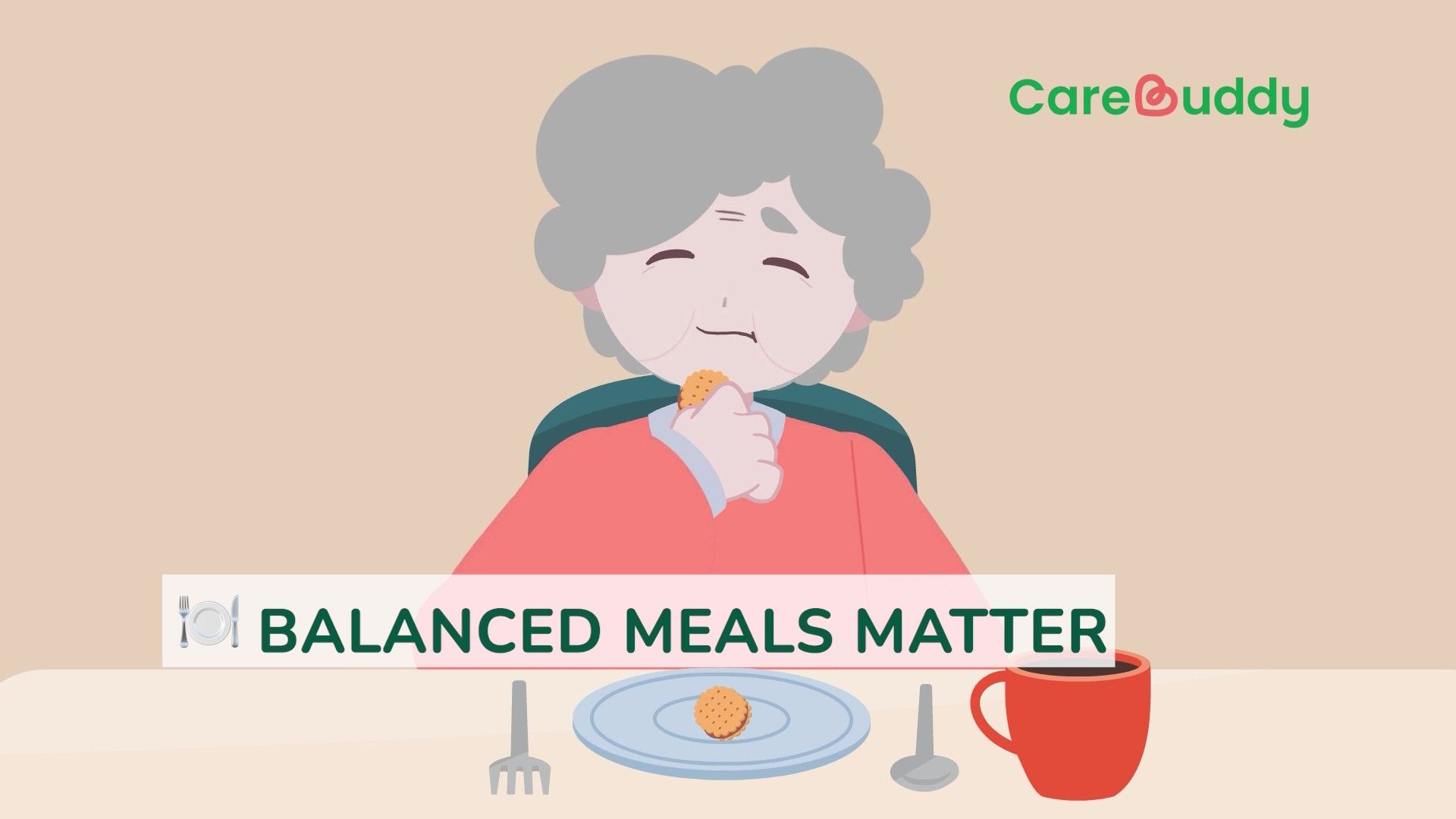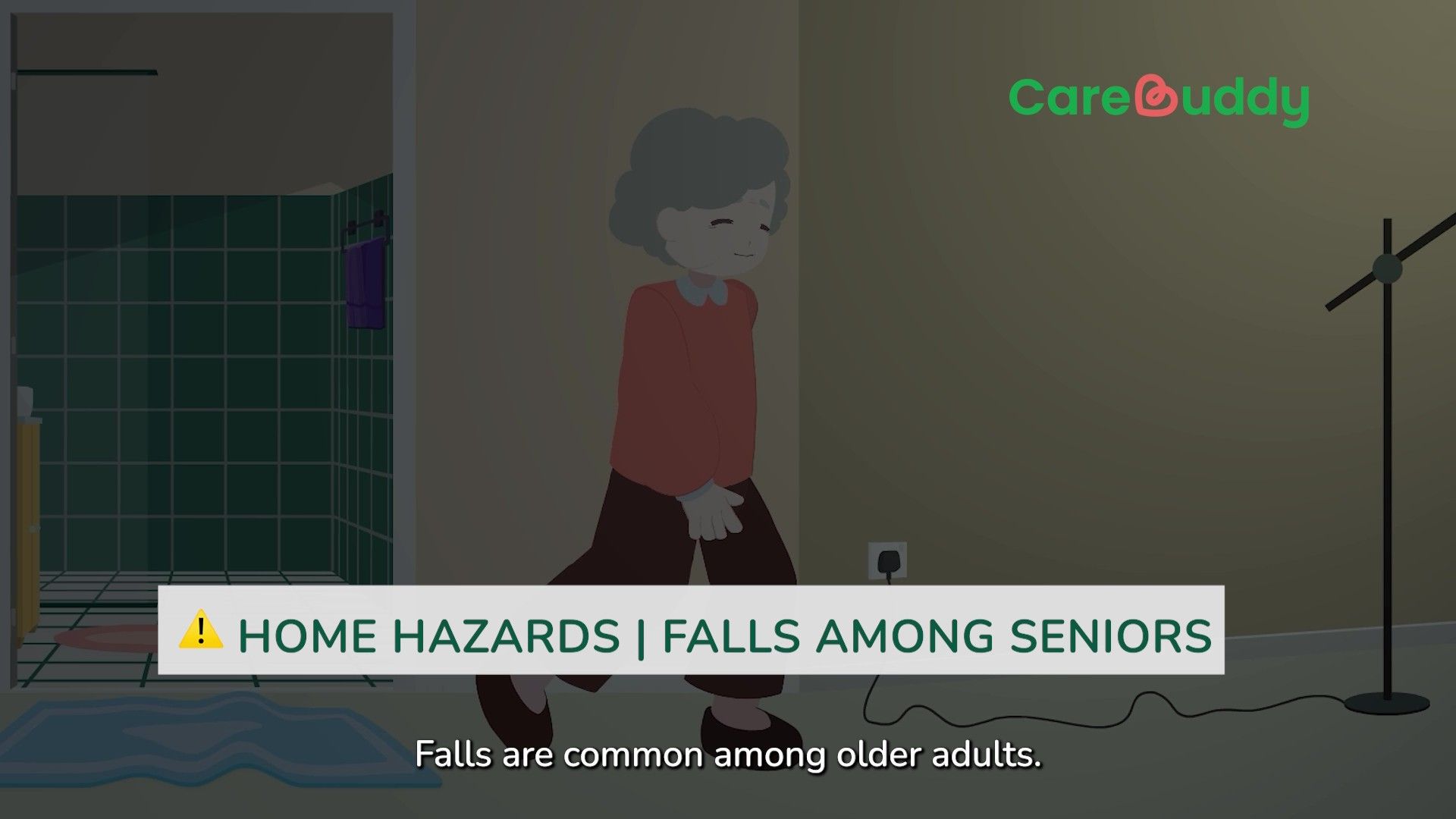When counting sheep doesn’t help: Sleep disorders and how to manage them
- CareBuddy
- 4 Mins Watch
- 20 Sep 2022
- Mental Wellness
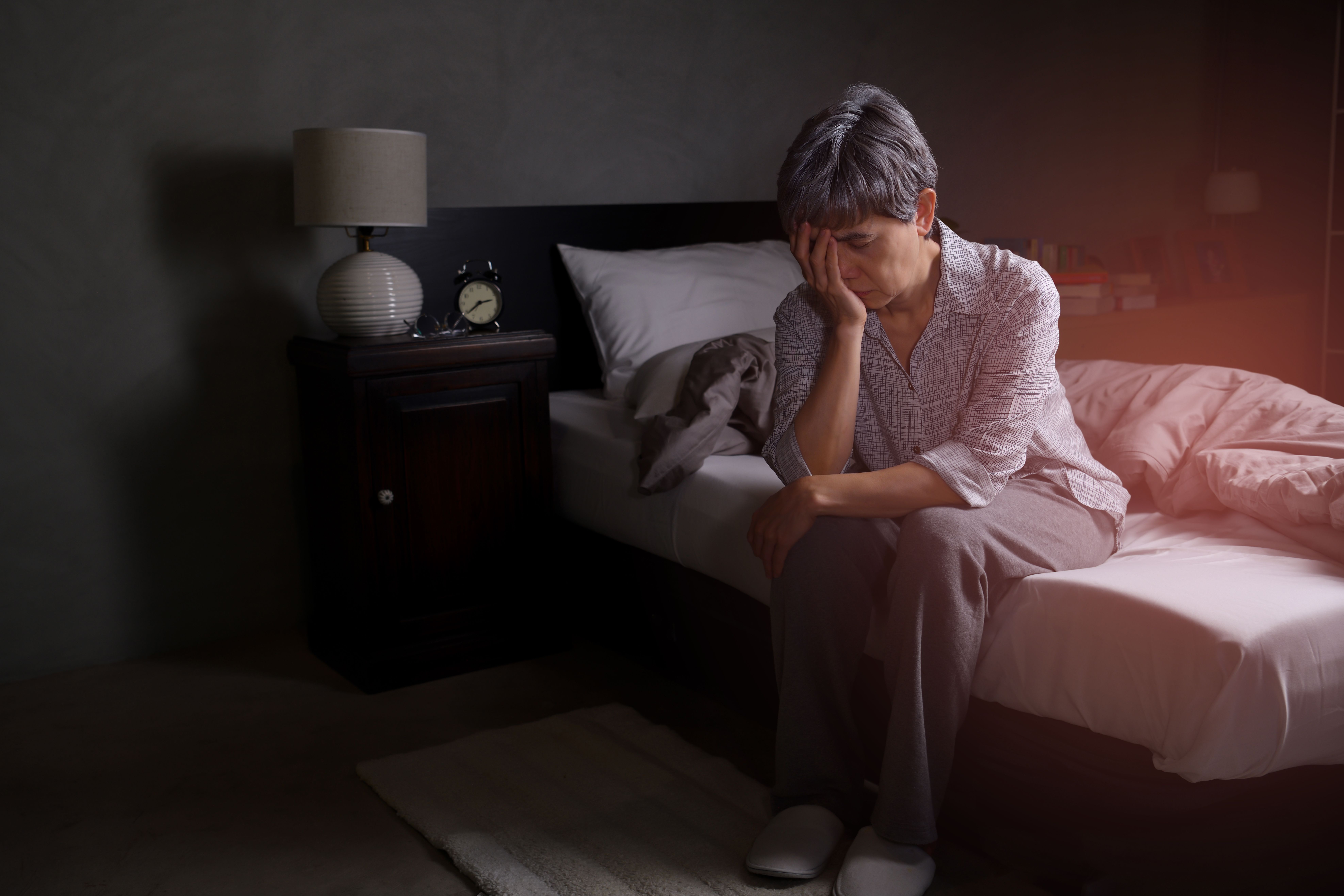
Sleep disorders are common among the elderly and increasingly among younger people too. Whoever the care receiver in your life is, whatever condition they are experiencing, it may also be accompanied by sleep disorders.
People with sleep disorders find it hard to catch enough sleep at night. This causes them to be sleepy and tired during their waking hours, resulting in a general inability to perform most activities during the day.
There are over 80 sleep disorders known to science. Let’s take a look at some of the more common ones.
Insomnia
This is a condition in which a person has difficulty falling asleep or staying asleep for many nights on a consistent basis (e.g. at least 3 nights a week for 3 months or more). This includes sleep-onset insomnia (inability to fall asleep), sleep-maintenance insomnia (inability staying asleep) and mixed insomnia (combination of the two).
Insomnia could be caused by a major life event such as a job change, death of a loved one, end of a relationship, etc. It could also be caused by a physical condition such as asthma or arthritis. Or by a related mental condition such as anxiety and depression.
Sleep Apnea
This is a potentially dangerous condition in which breathing stops and starts throughout the sleeping period.
Symptoms include
- Loud snoring
- Gasping for air during sleep
- Long periods without breathing during sleep
- Morning headache
- Sleepiness and irritability during daytime
Complications arising from it include
- High blood pressure
- Heart problems
- Diabetes
- Liver problems
Restless Legs Syndrome
This involves unpleasant sensations in the legs and an irresistible urge to move them. It’s often at its peak in the evenings and during the night, which is why it impedes sleep. Like many other sleep disorders, it can cause a perpetual state of tiredness and sleepiness during the day.
Narcolepsy
This is a rare brain condition that makes people fall asleep suddenly at unusual times. It may manifest as
- Daytime sleepiness and difficulty concentrating.
- Falling asleep unexpectedly without warning.
- Frequent dreaming and waking in the night.
Some sleeping disorders can be managed by
- Reducing light and noise in your sleeping environment. Sleeping in complete darkness and with minimal noise is recommended.
- Exercising more regularly. This is known to improve quality of sleep.
- Sticking to a regular sleep schedule. 7-8 hours is the recommended minimum, though 9-10 hours wouldn’t hurt.
- Exploring different ambient temperatures to find one that helps you sleep better.
If none of the above efforts make things better, seek help from a doctor who’ll advise you on appropriate medication or therapy.
Sleep disorders can cause (or be caused by) other mental health issues such as depression and anxiety disorders. So, it might be worth finding out about those other issues too.
Learn more about depression at [Read Article]
Read more about anxiety disorders at [Read Article]
